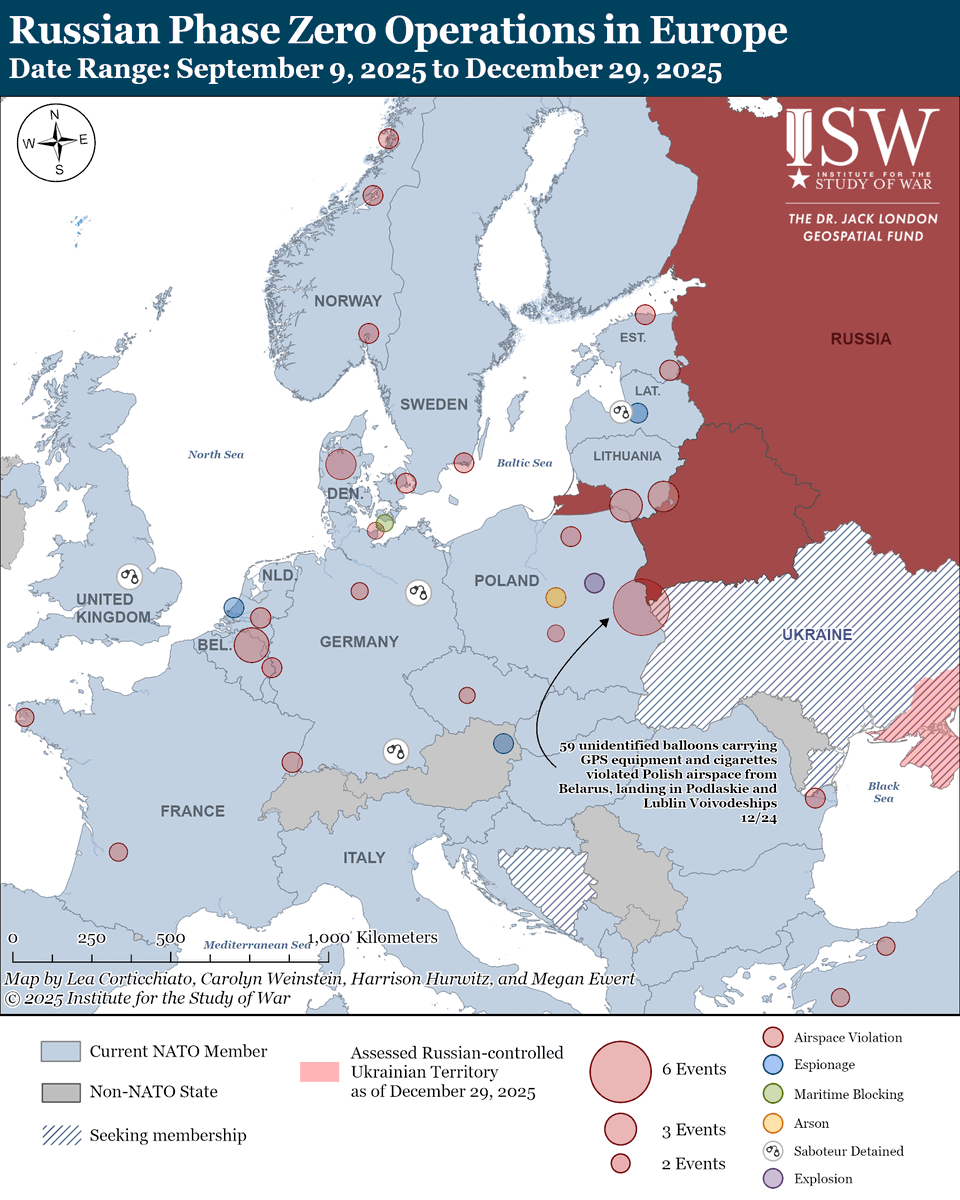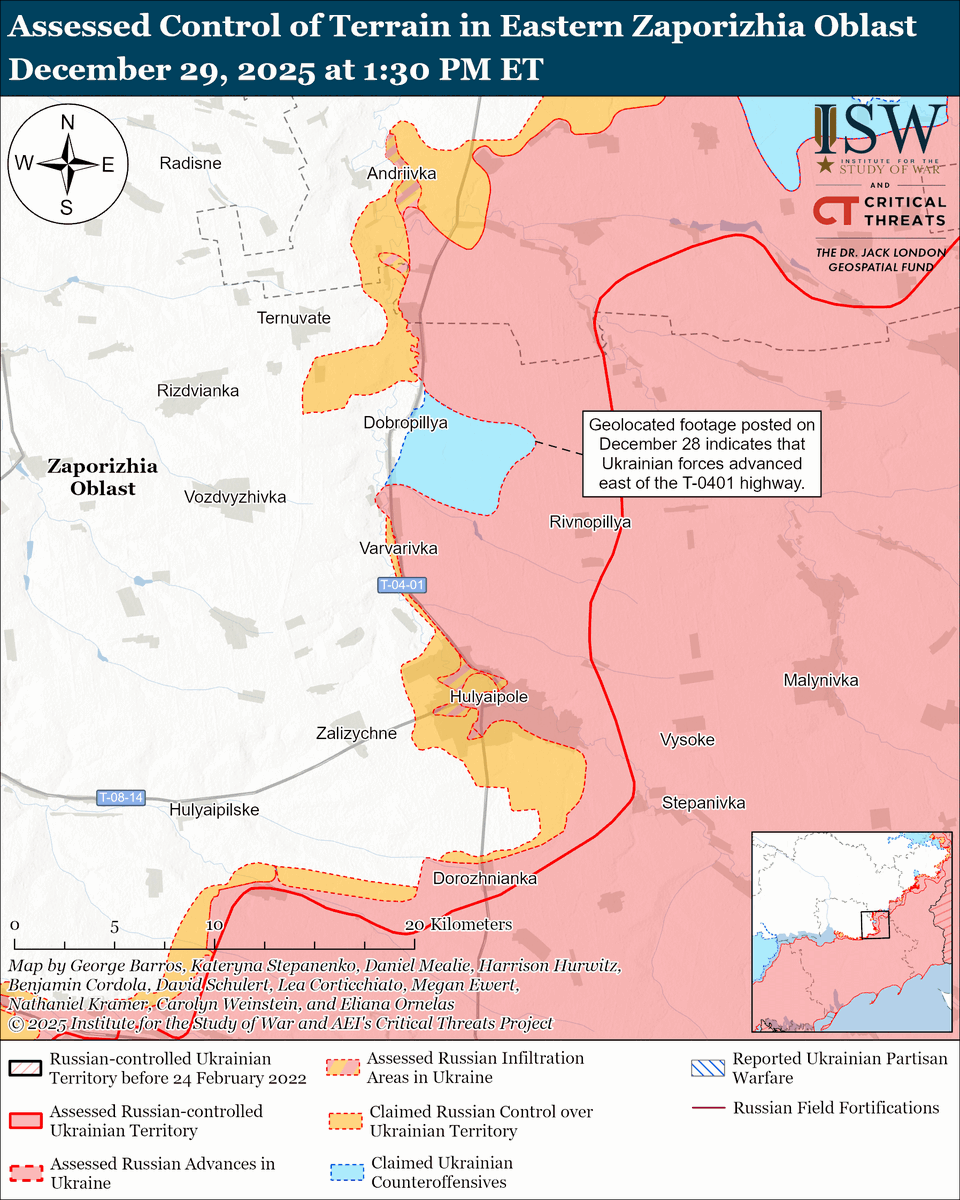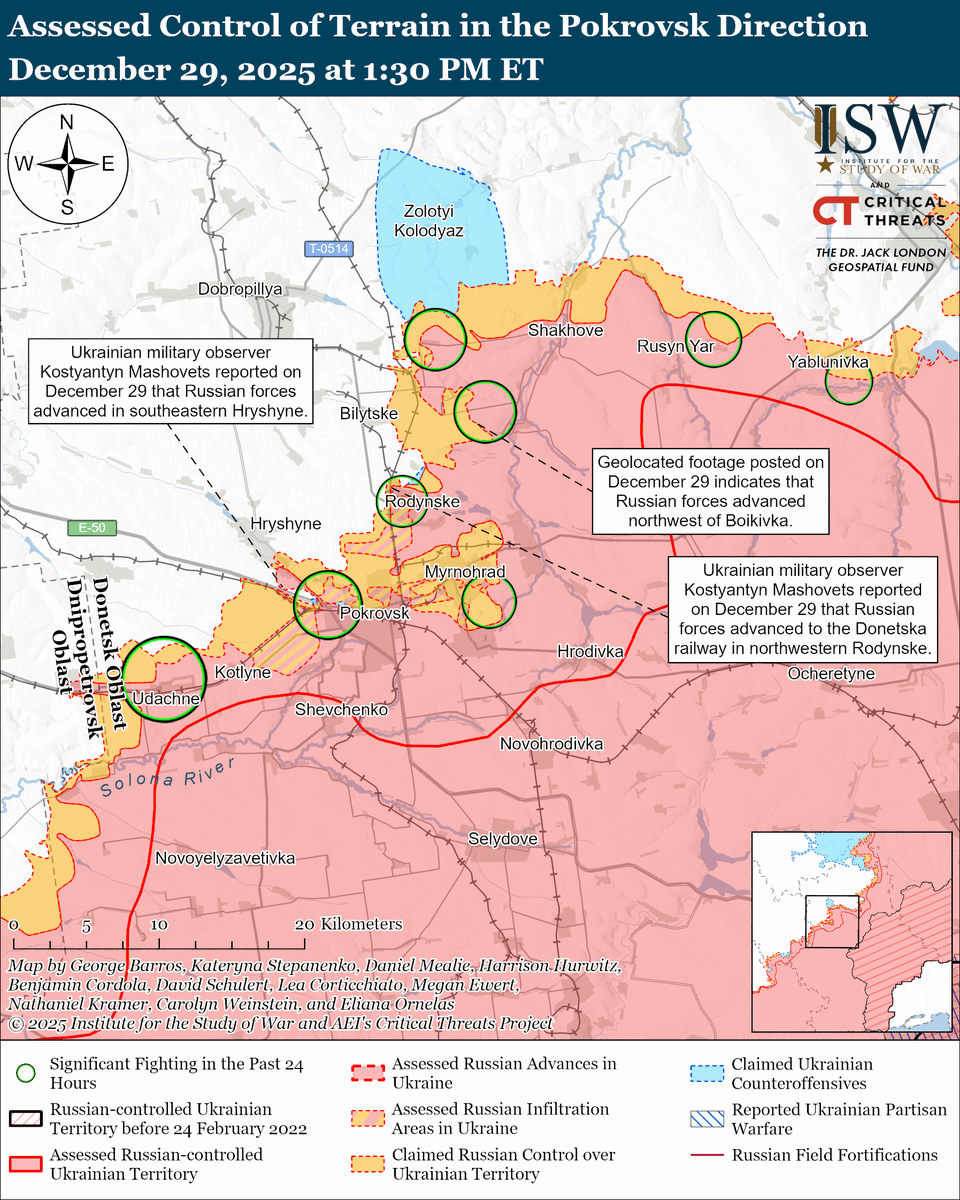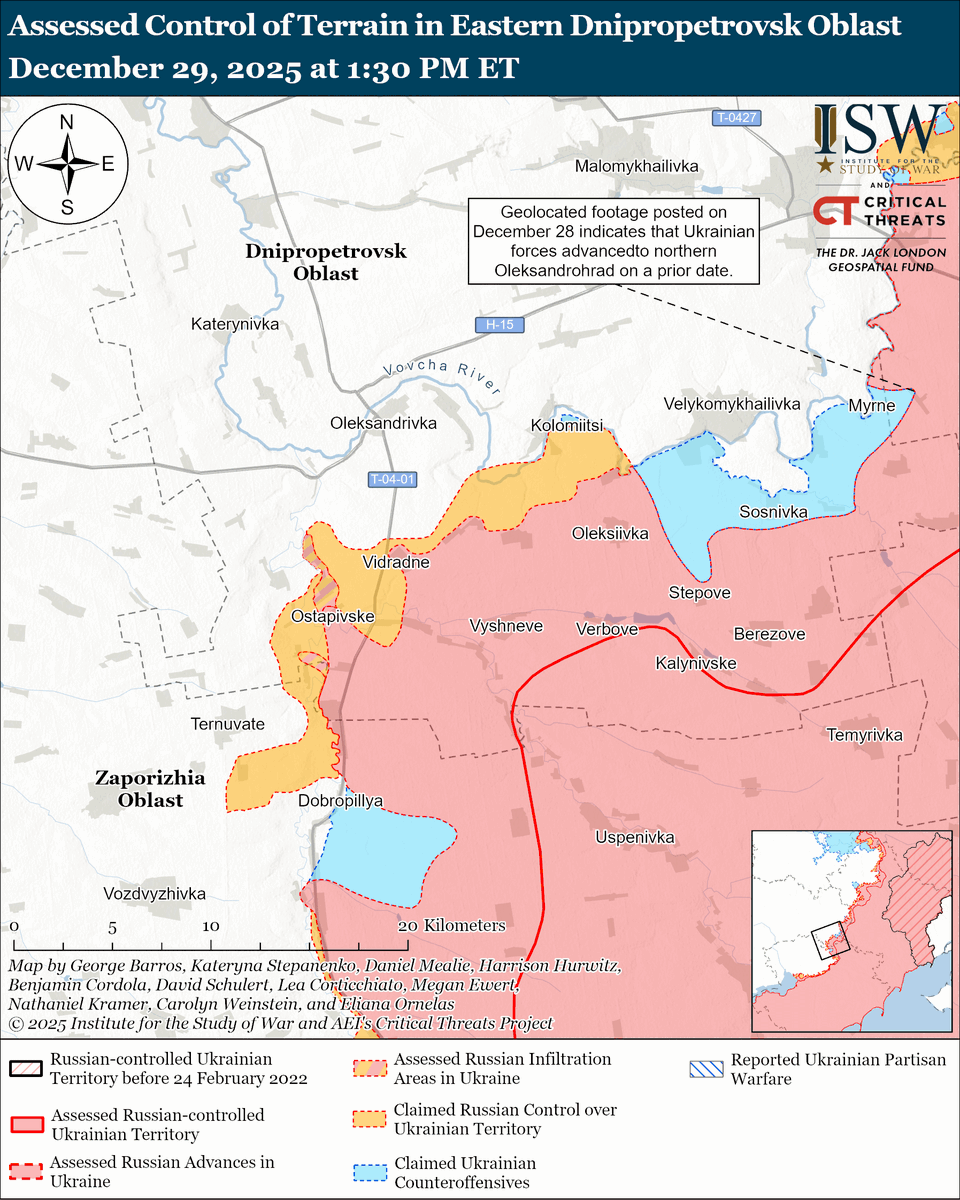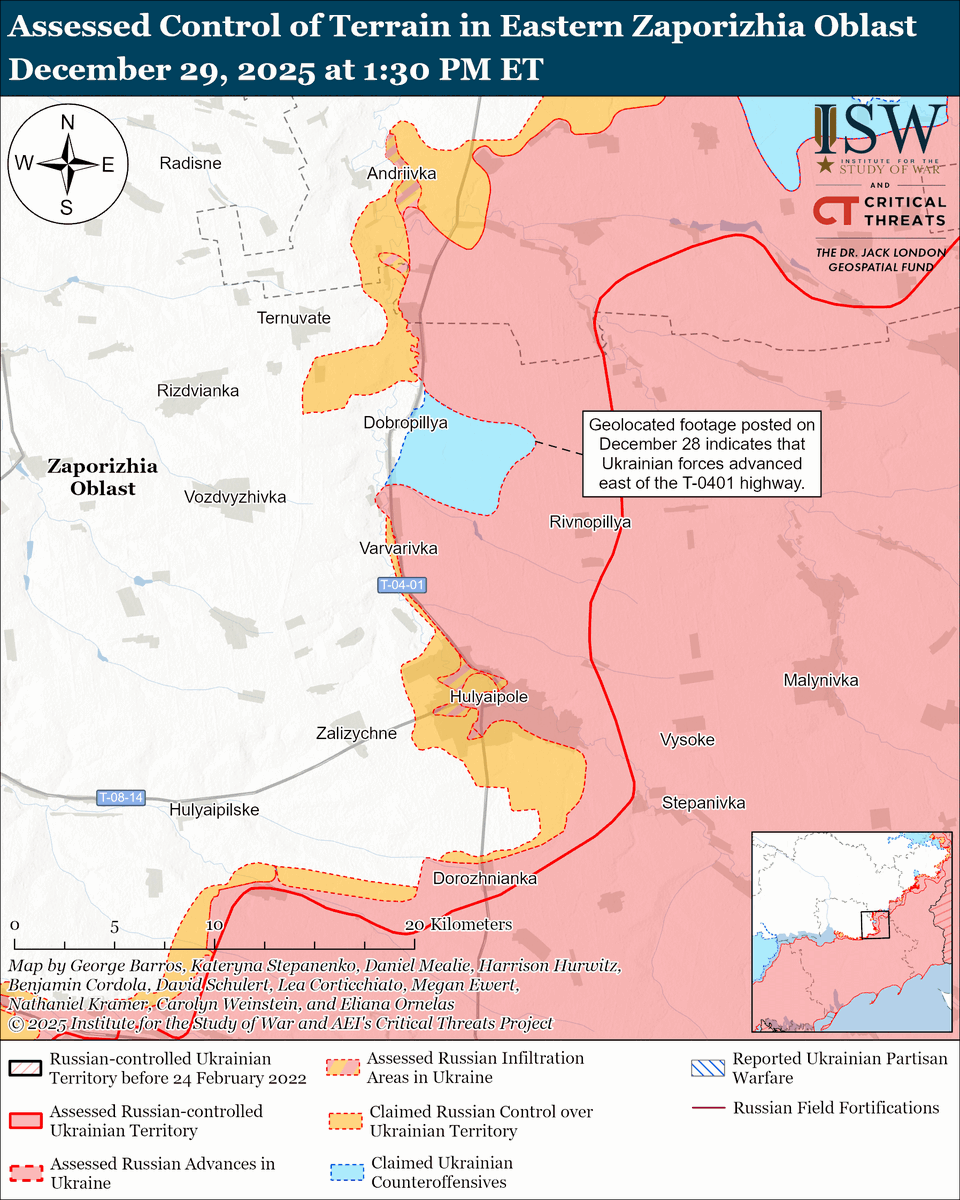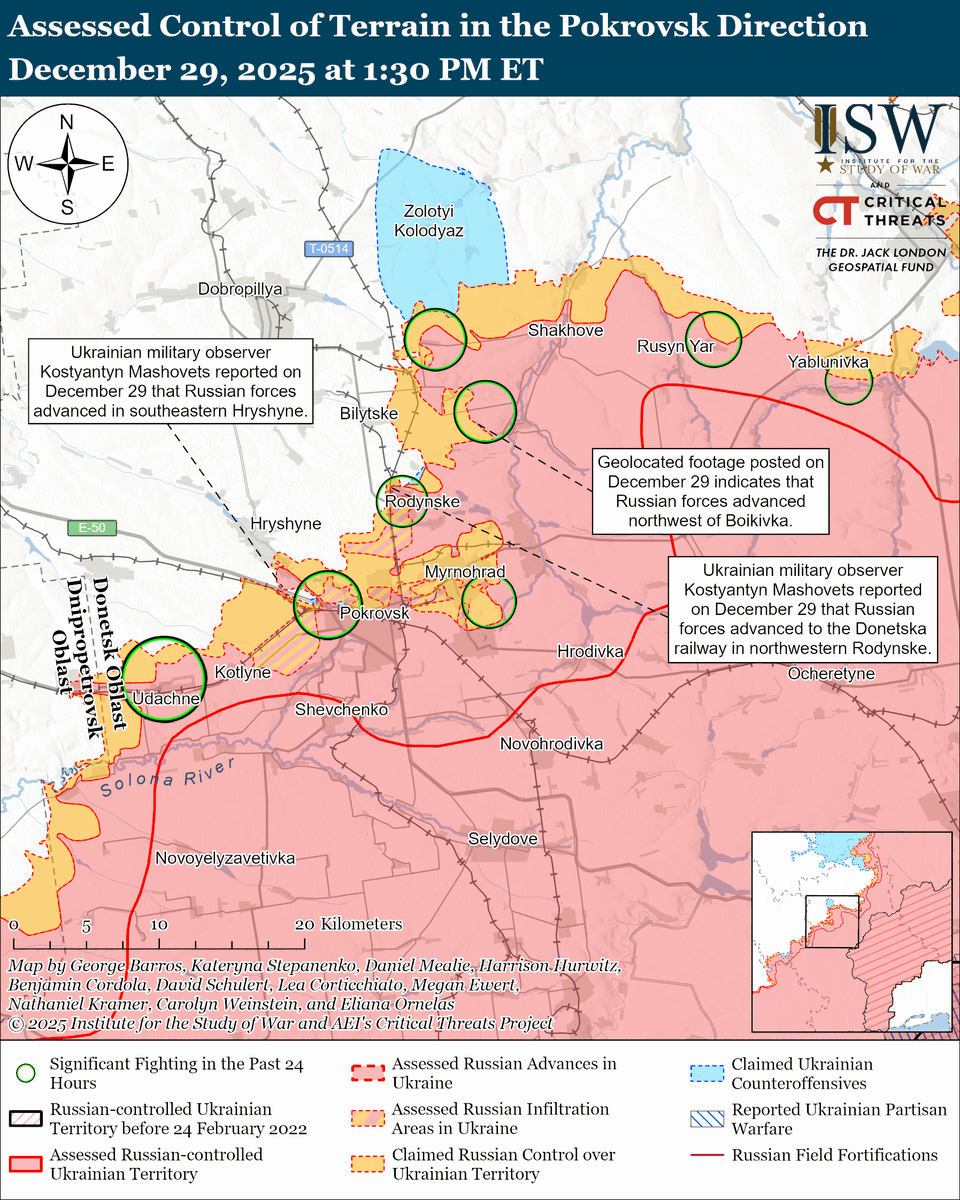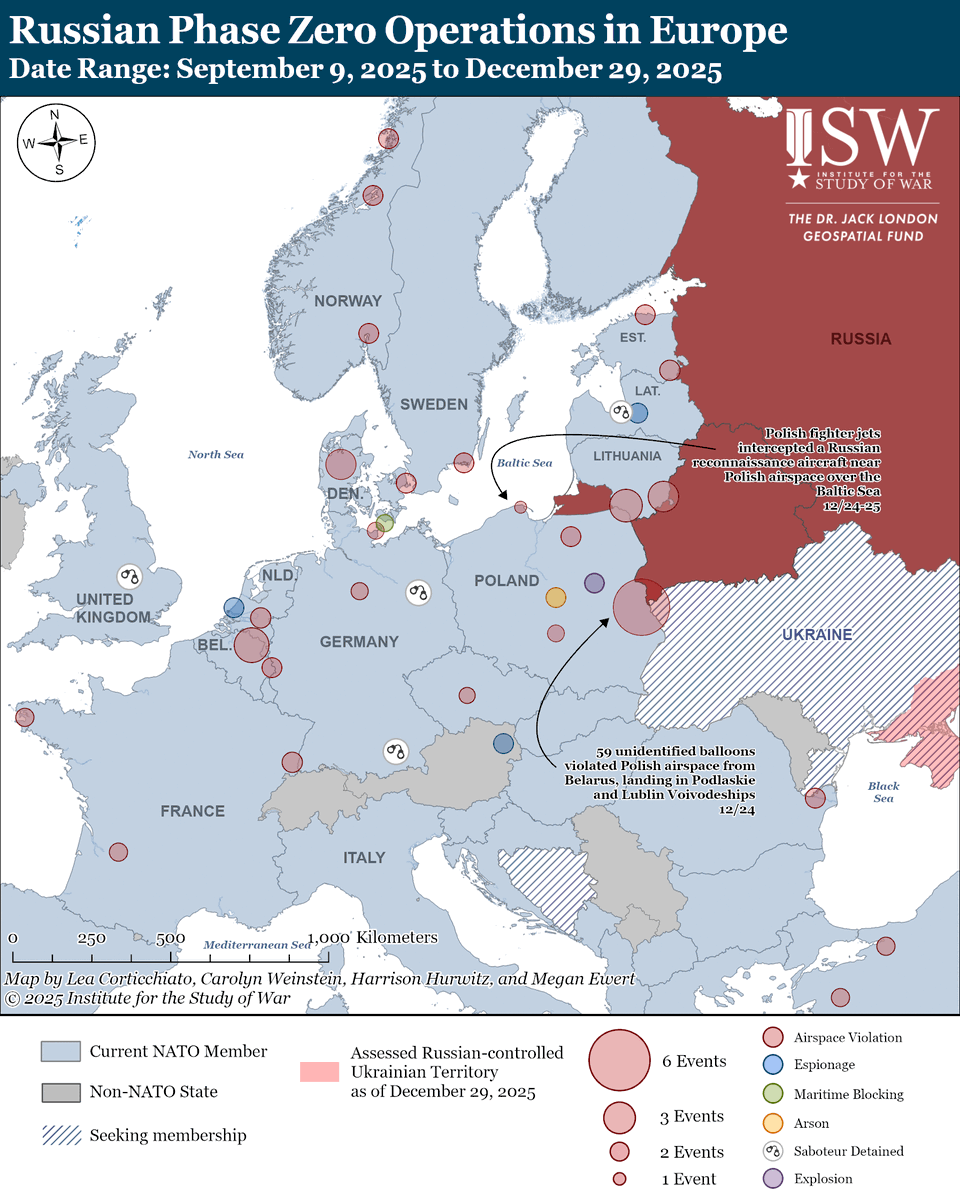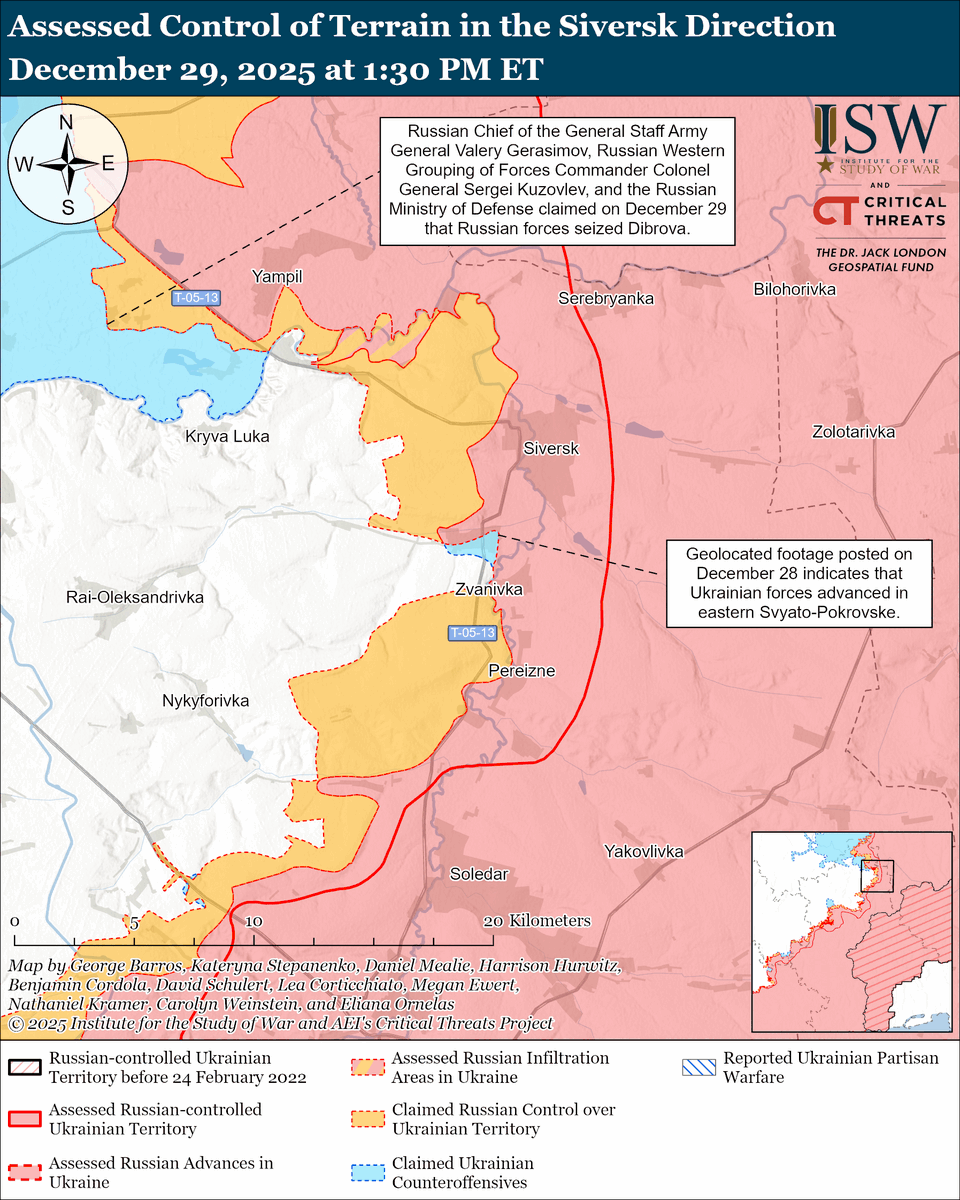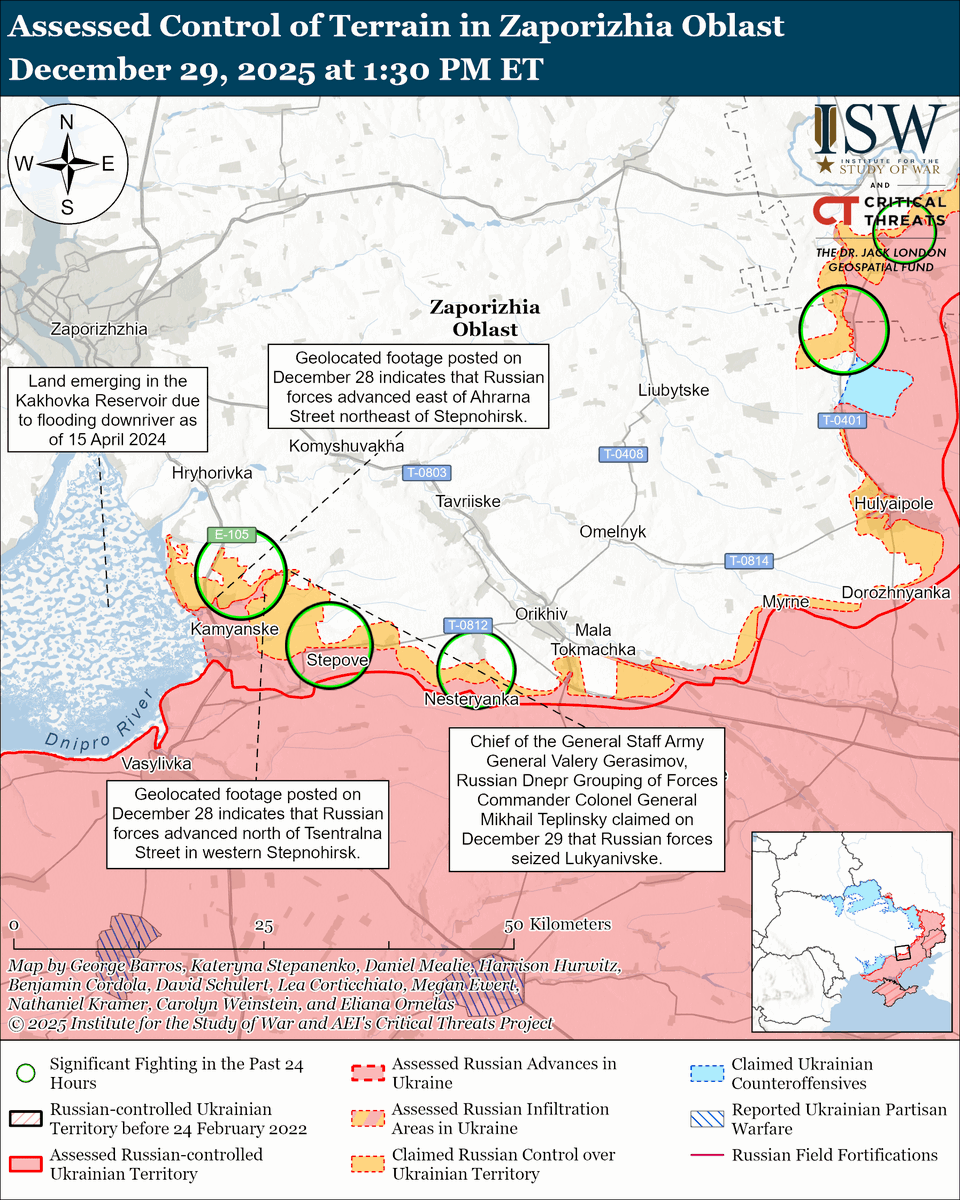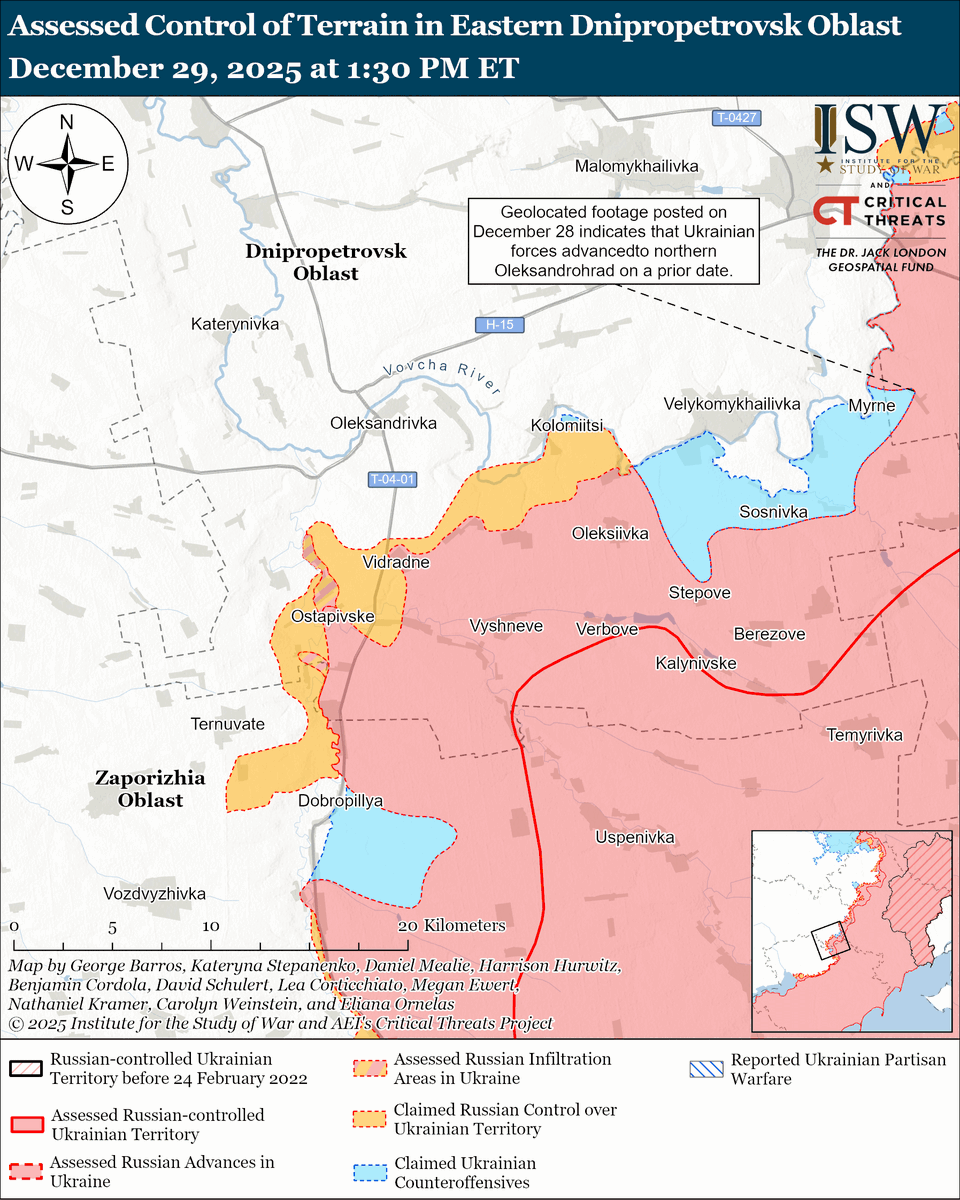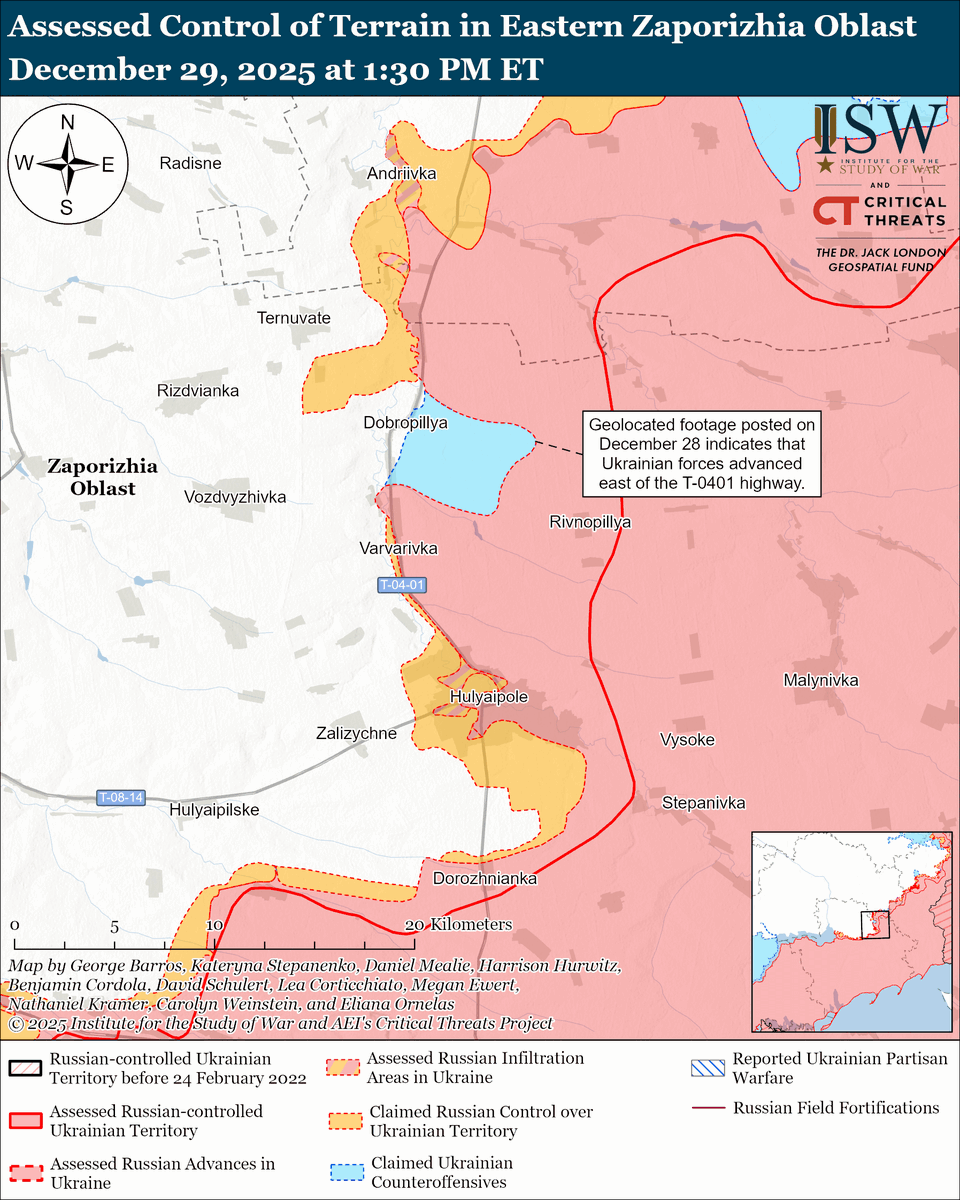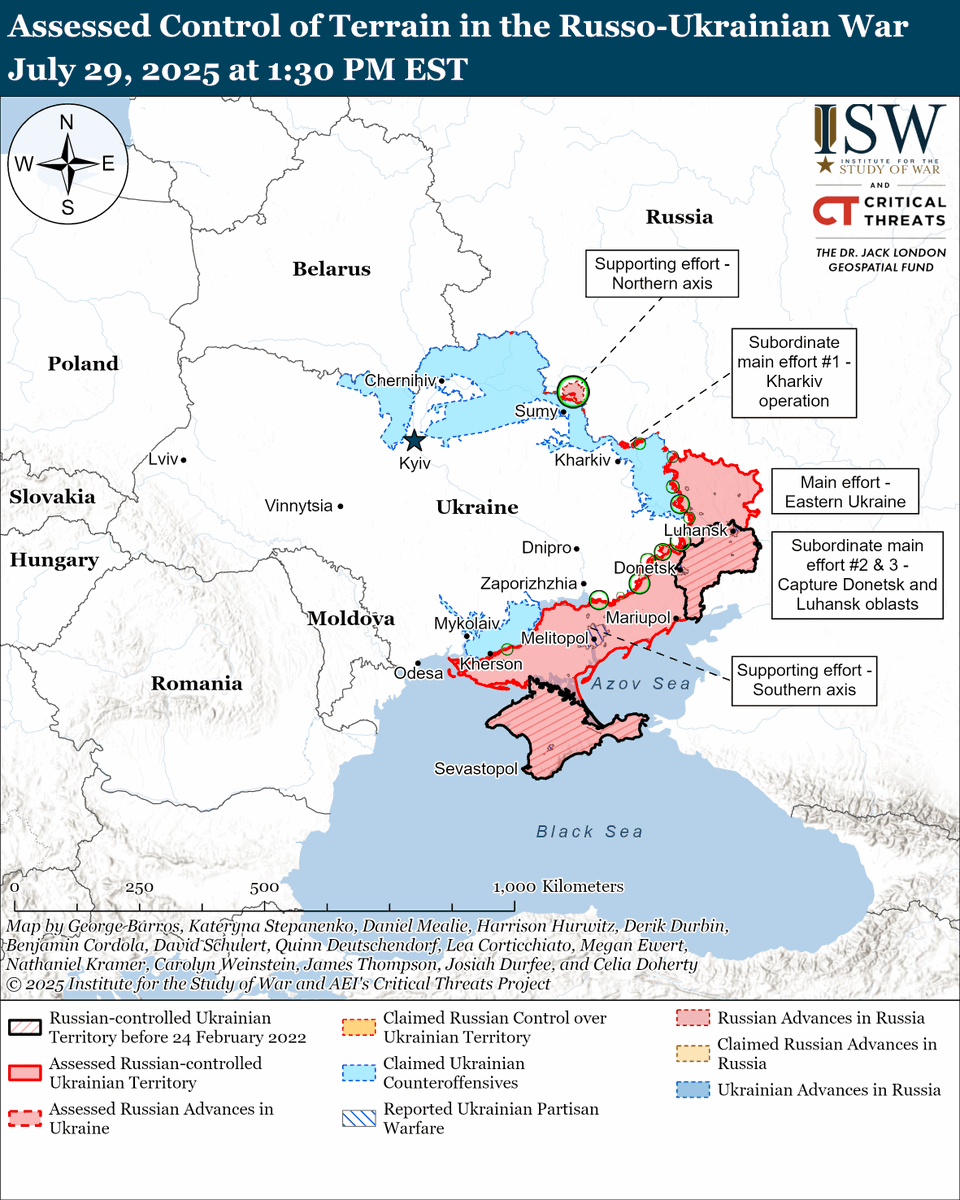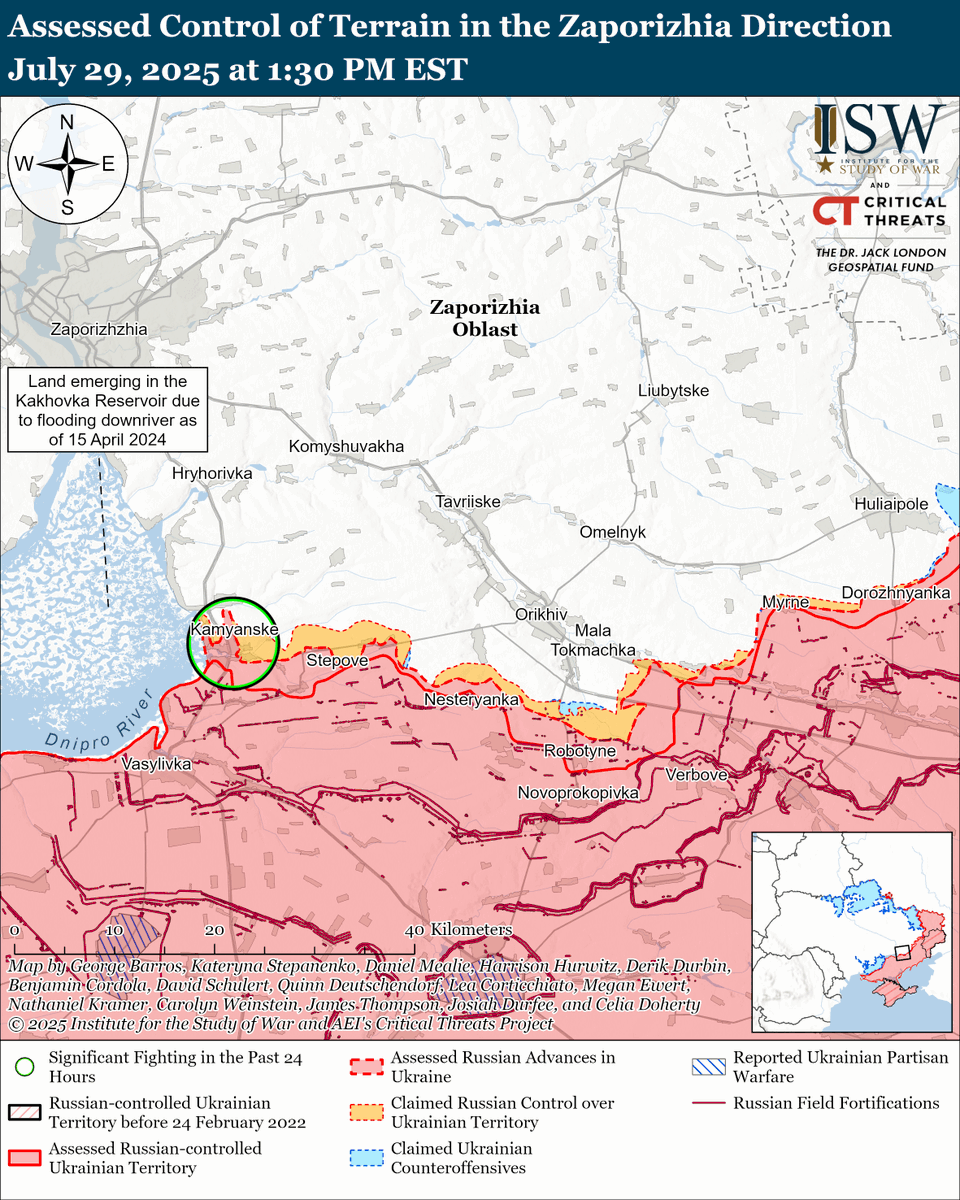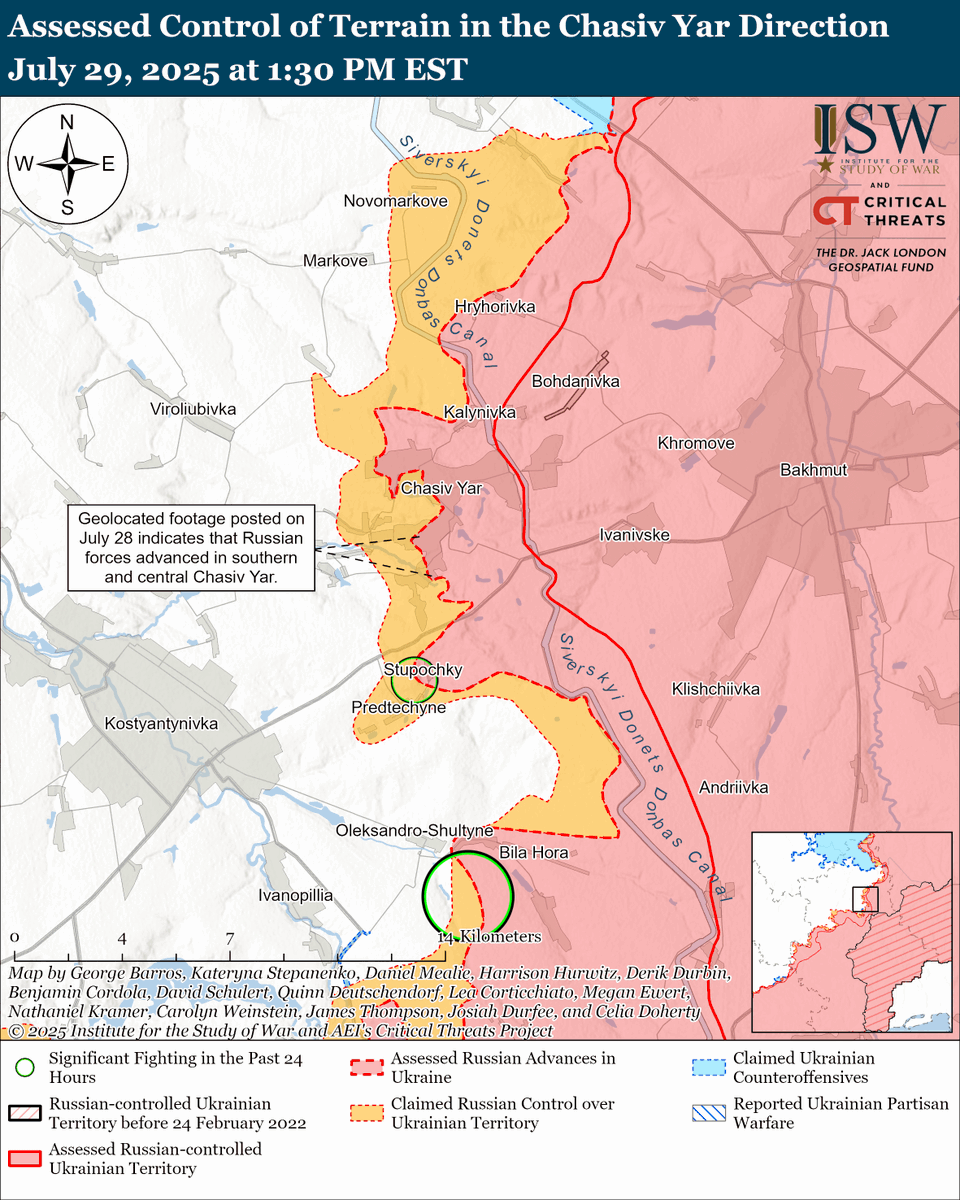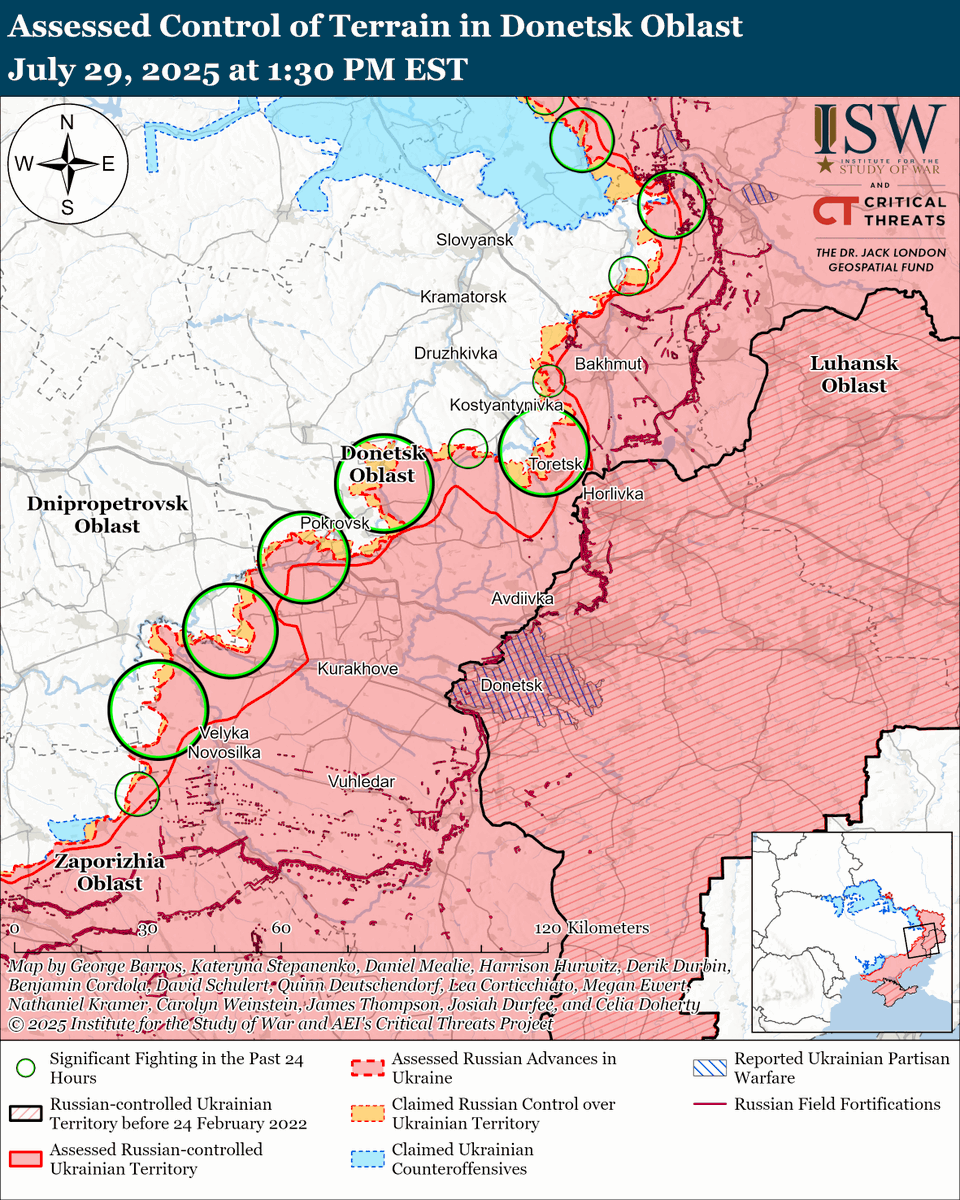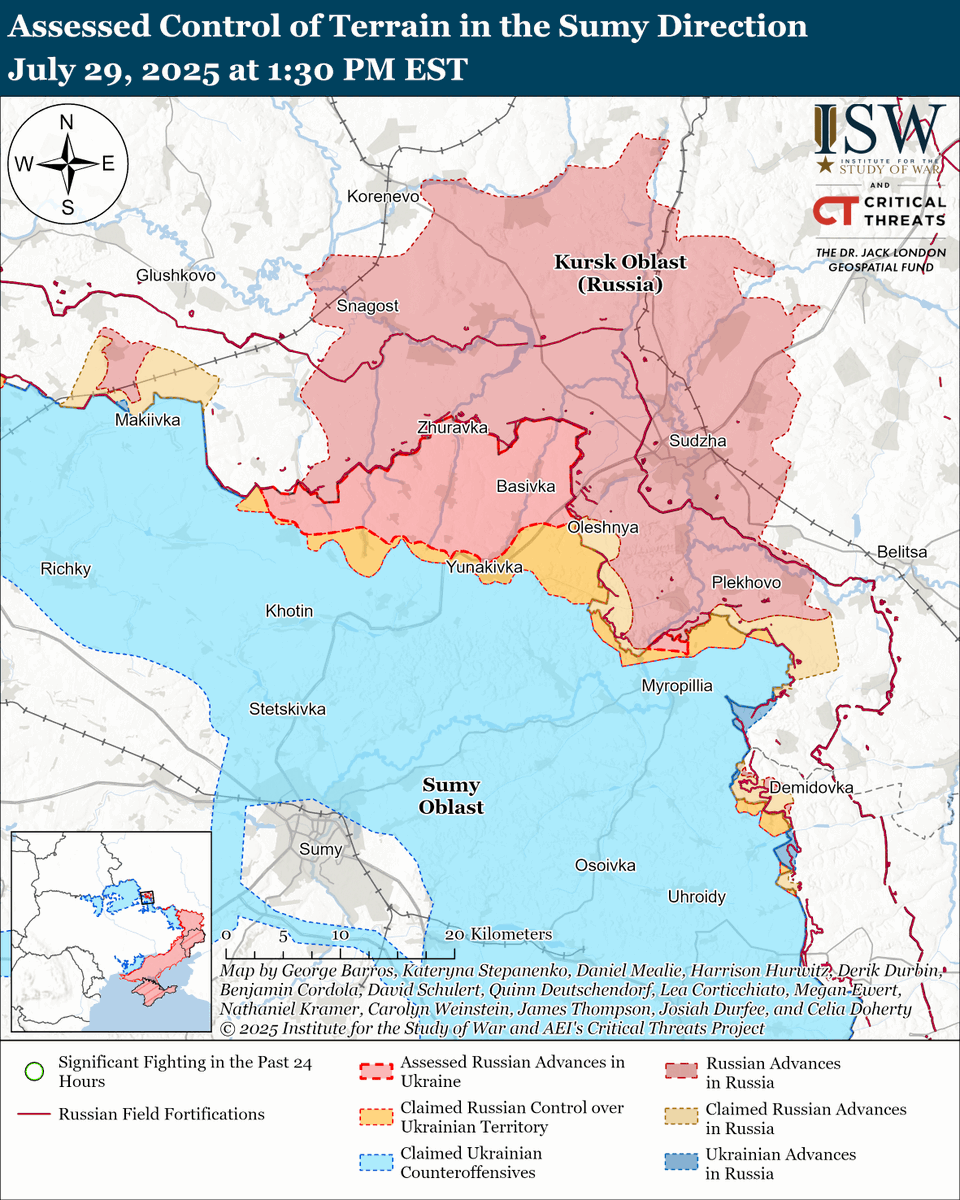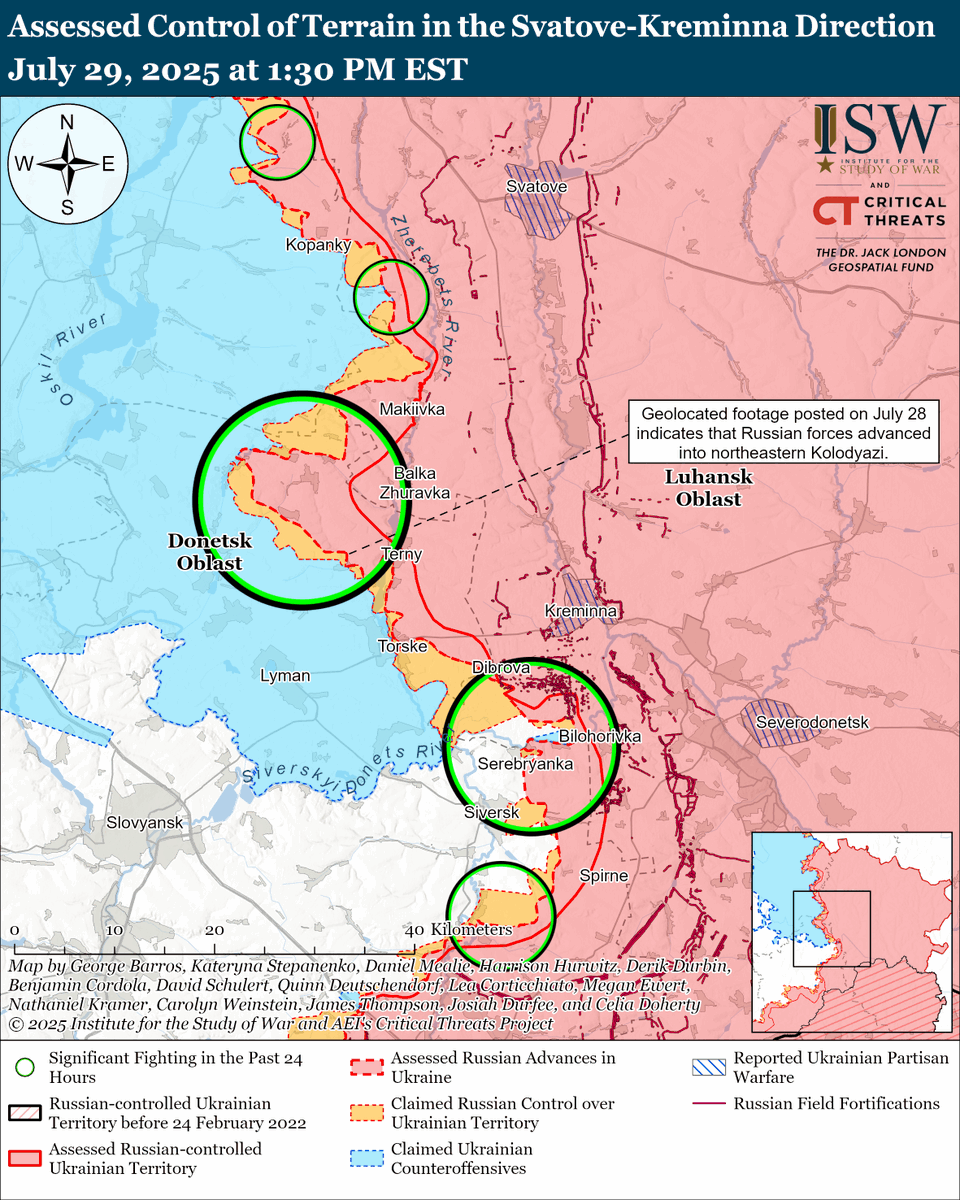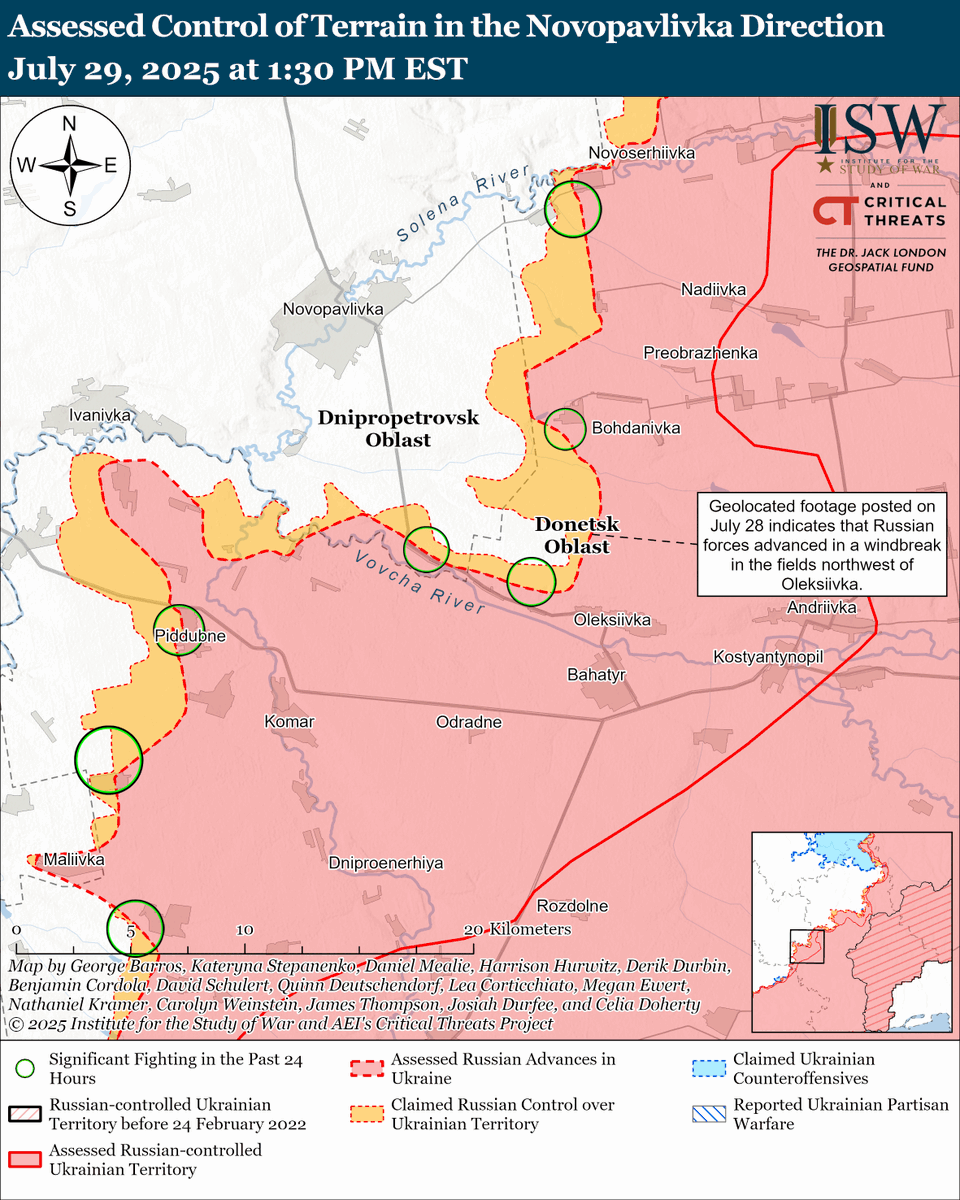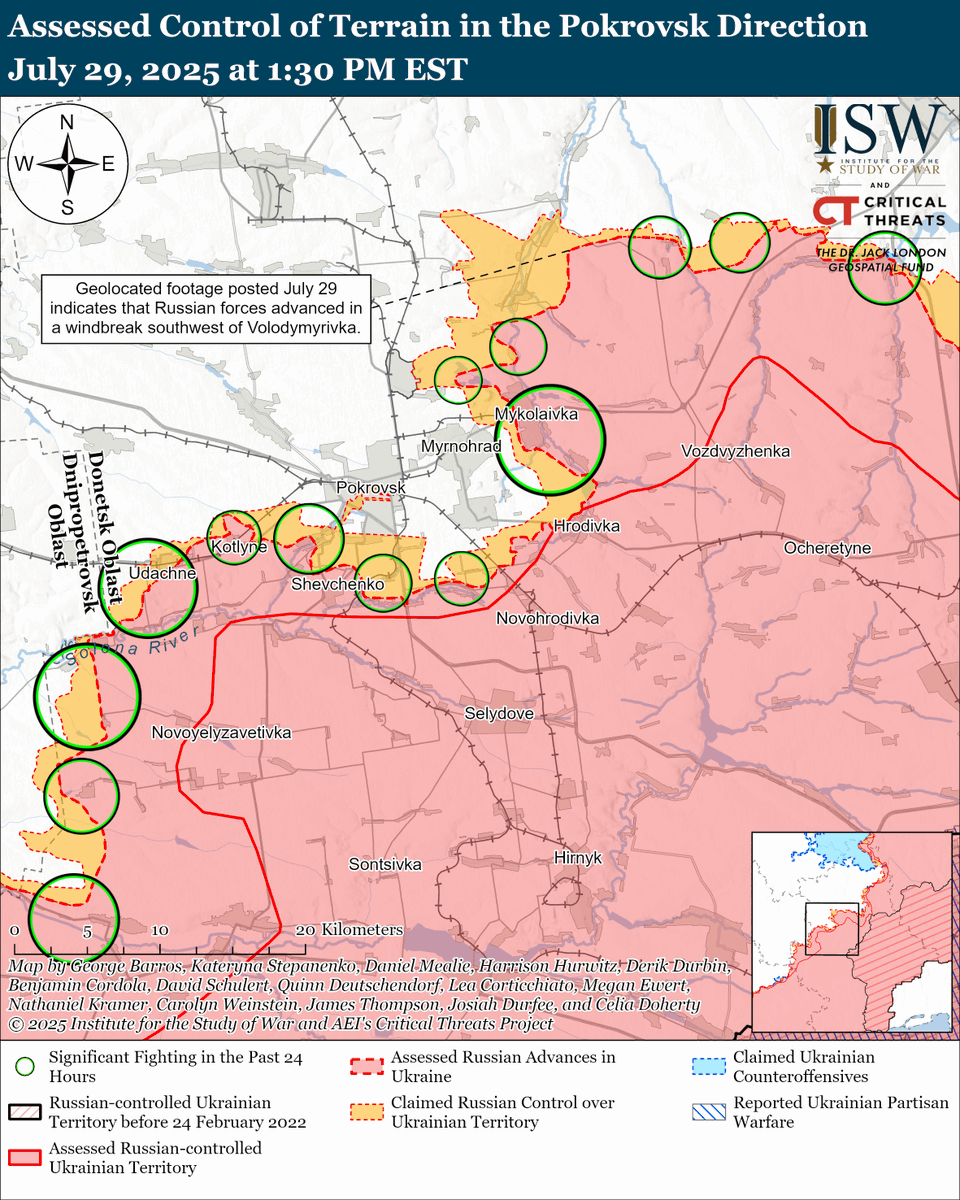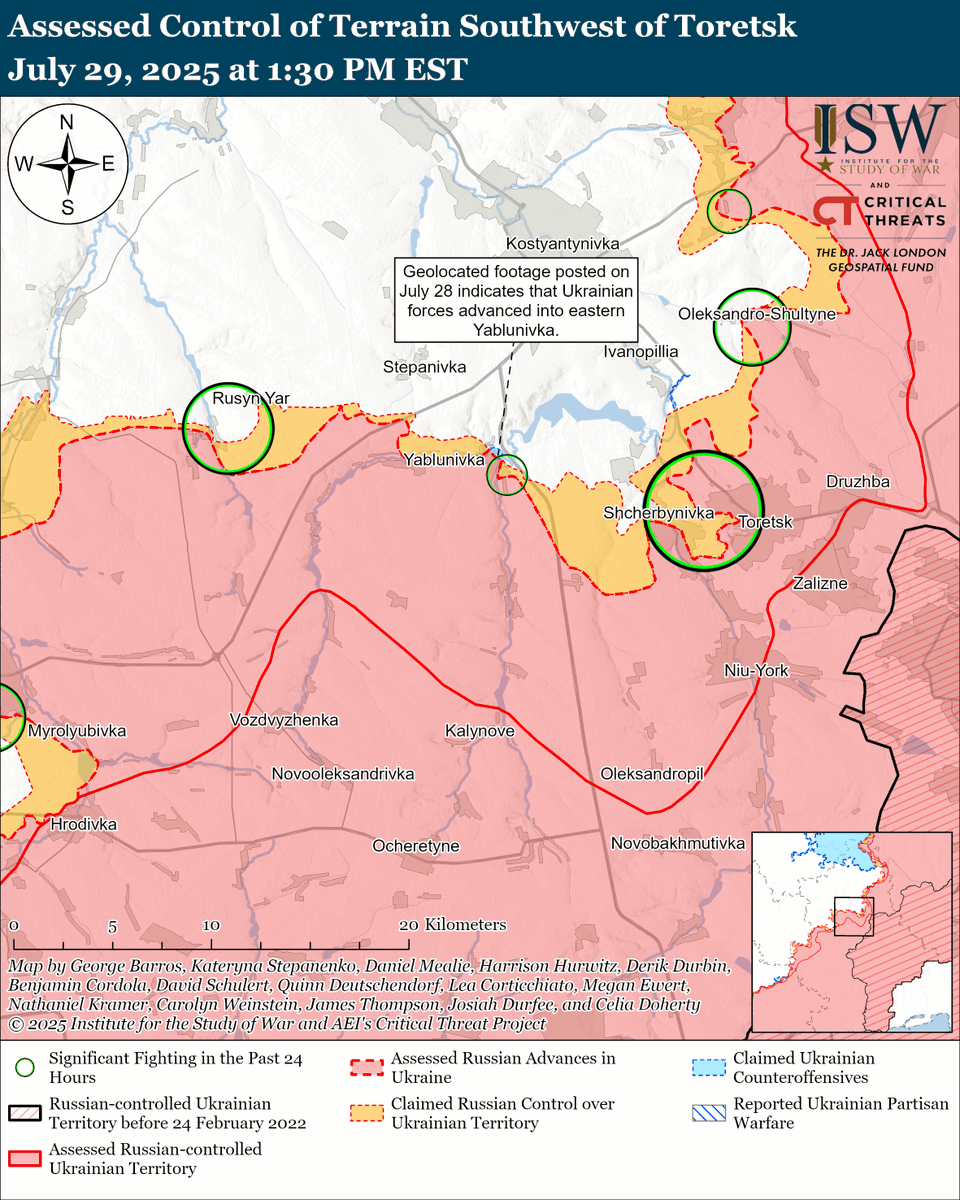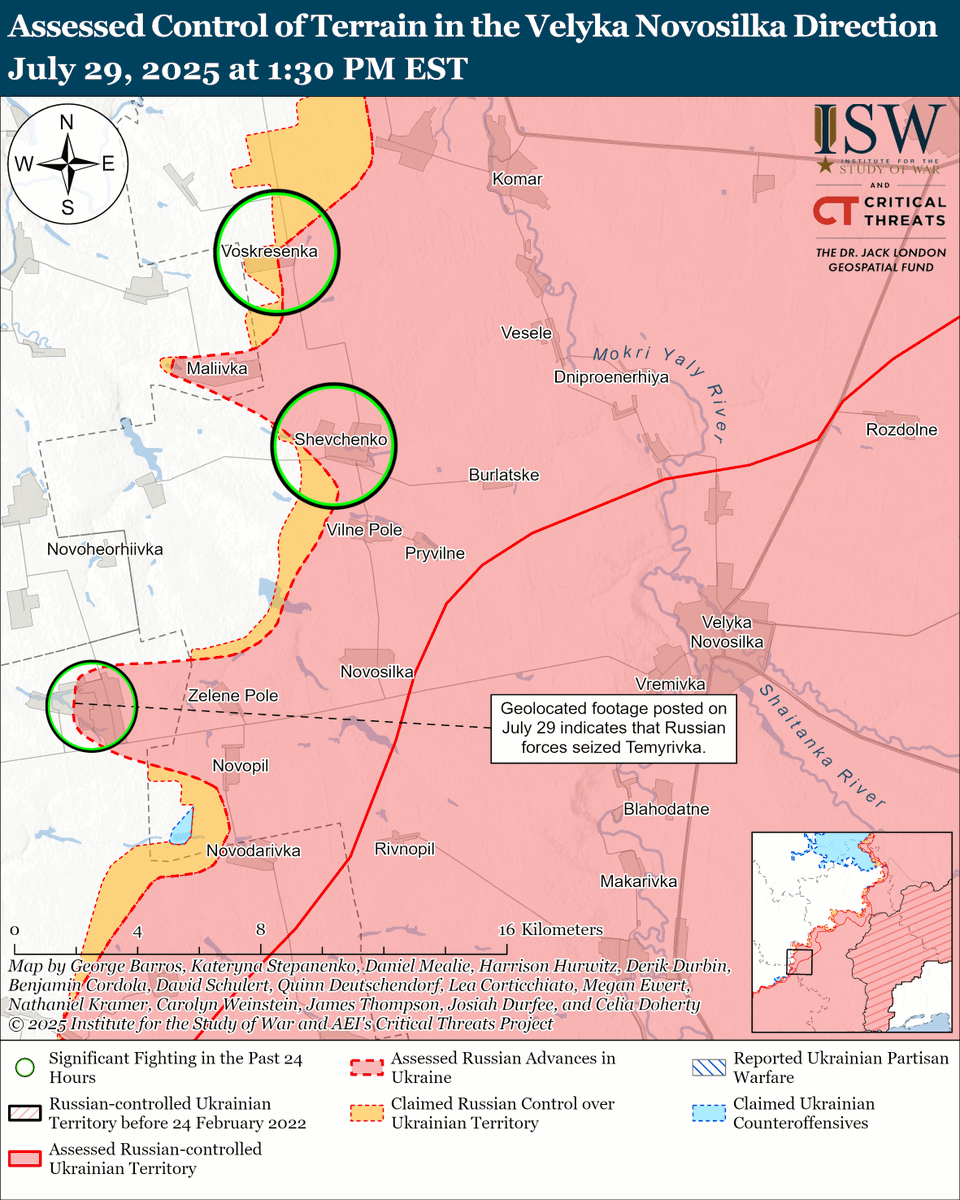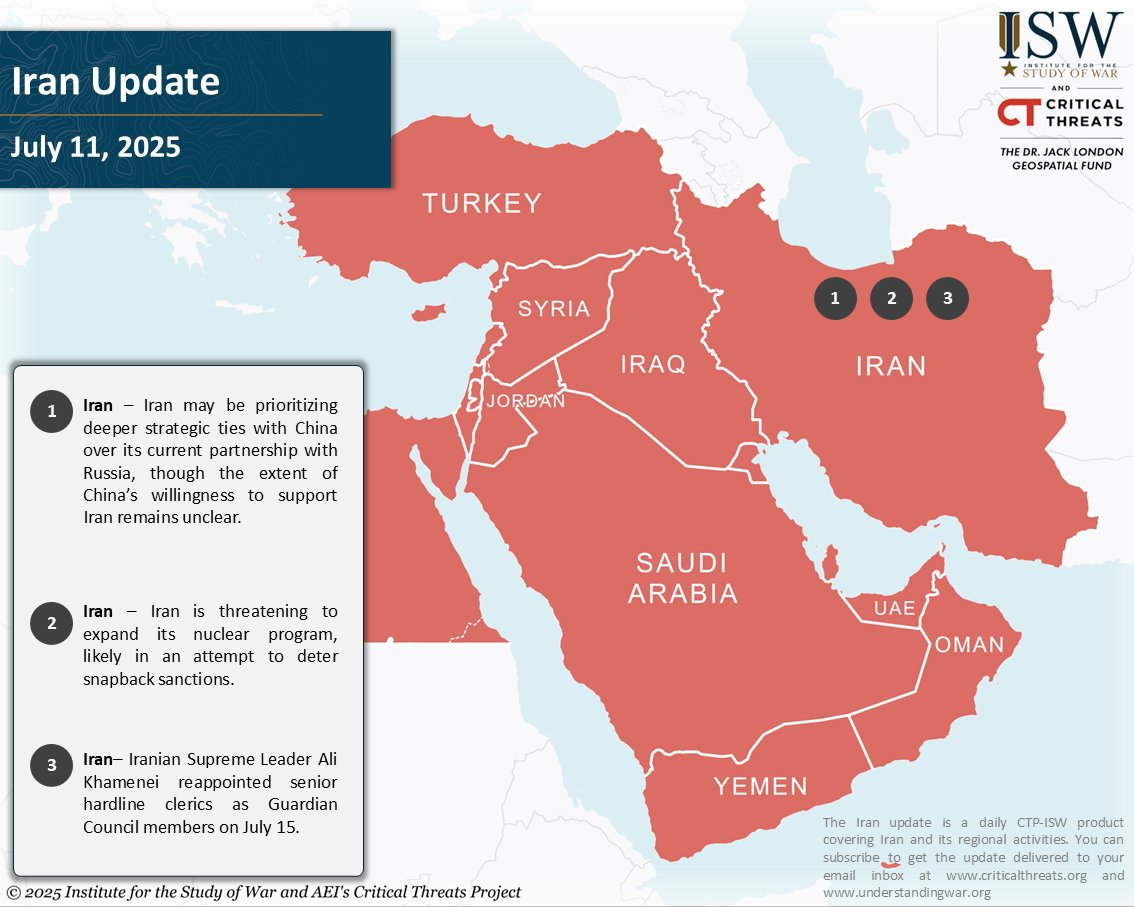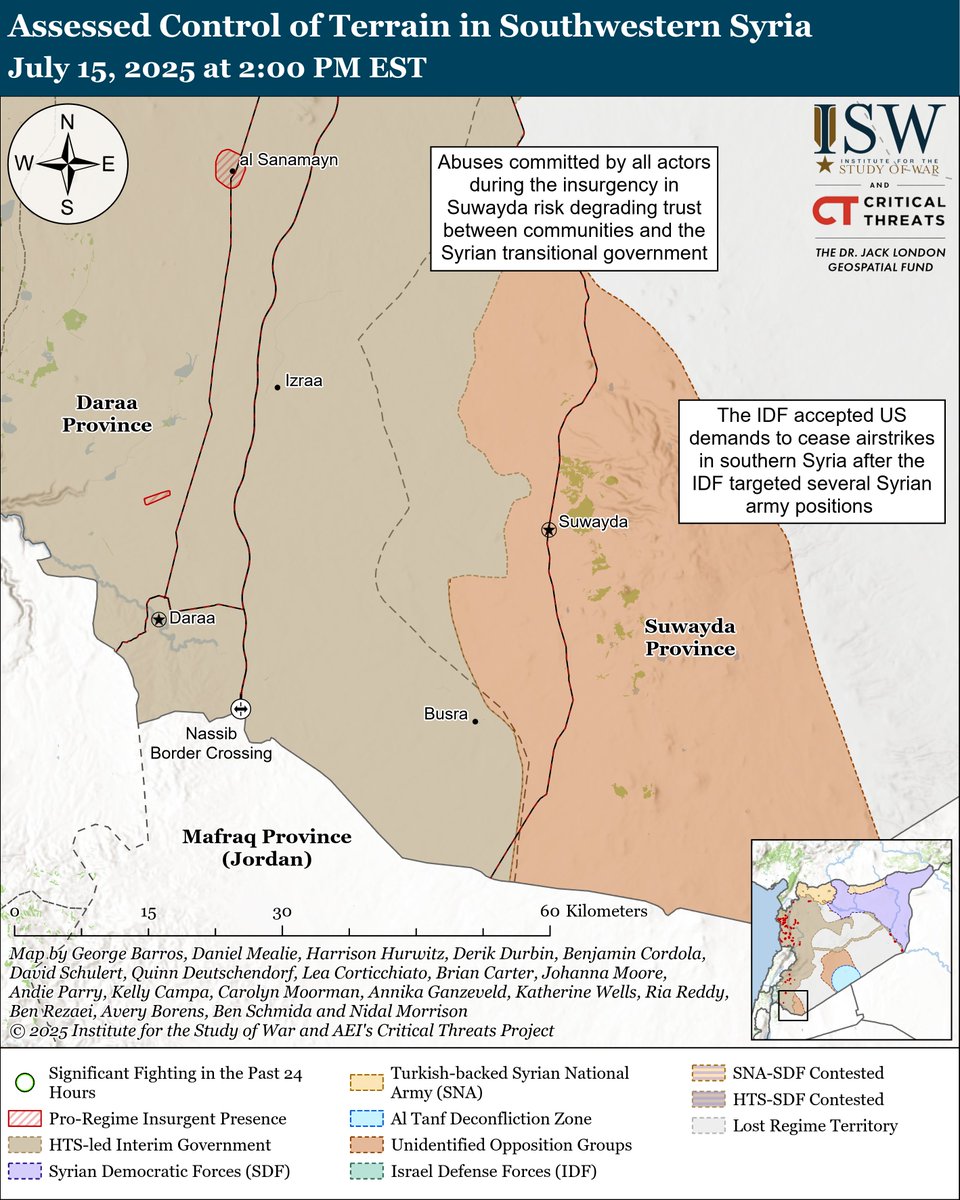Key Takeaways:
Iran and its so-called “Axis of Resistance” will very likely continue their regional escalation against the US and Israel, despite Israel withdrawing some of its forces from the Gaza Strip. 🧵(1/9)

Iran and its so-called “Axis of Resistance” will very likely continue their regional escalation against the US and Israel, despite Israel withdrawing some of its forces from the Gaza Strip. 🧵(1/9)
https://twitter.com/TheStudyofWar/status/1742390179199918496
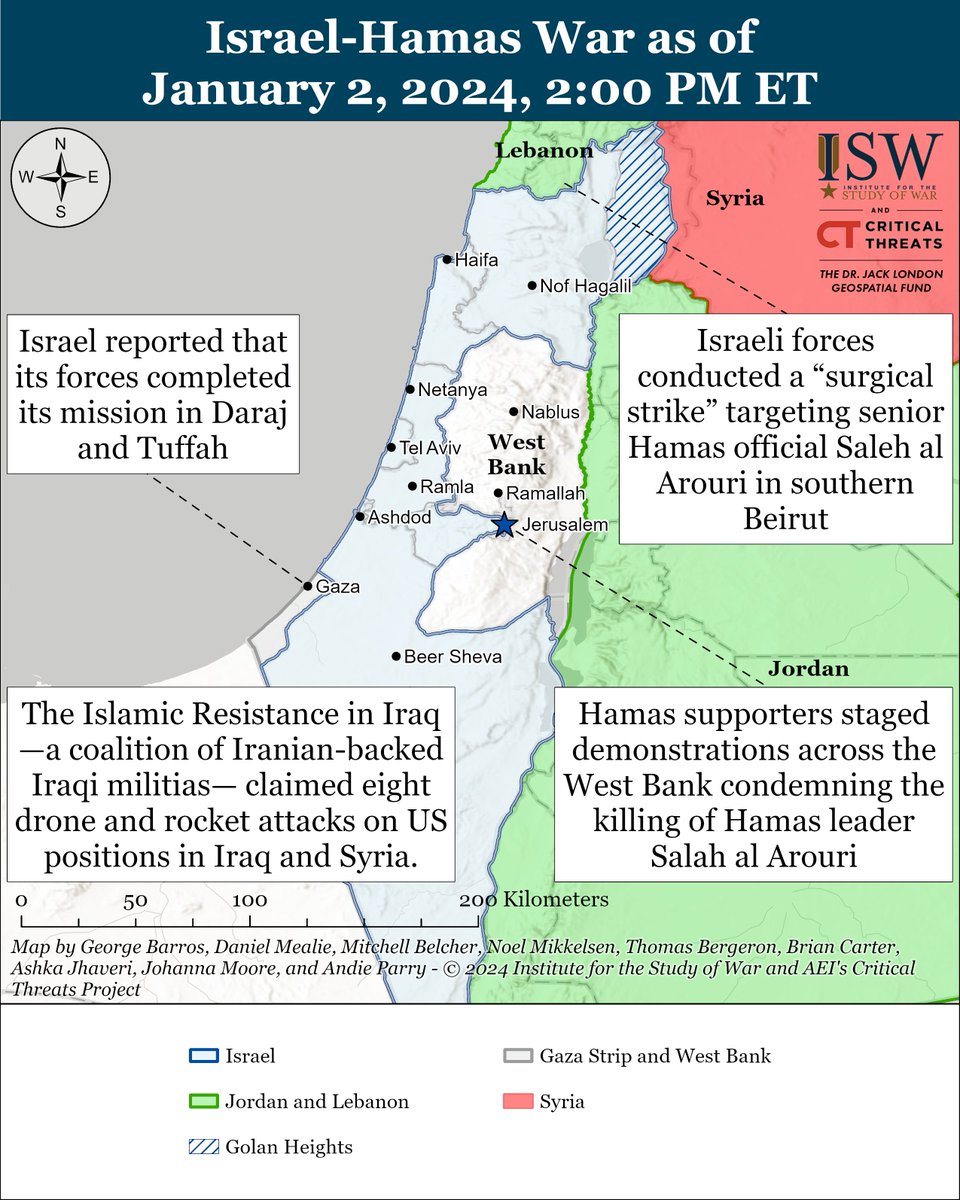
2/ Israeli forces conducted a “surgical strike” targeting senior Hamas official Saleh al Arouri in southern Beirut on January 2.
3/ Israeli forces raided a Hamas and PIJ command and control center in Gaza City’s Shujaiya neighborhood.
Israeli forces captured a Hamas compound in Sheikh Radwan neighborhood of Gaza City.
Israeli forces captured a Hamas compound in Sheikh Radwan neighborhood of Gaza City.
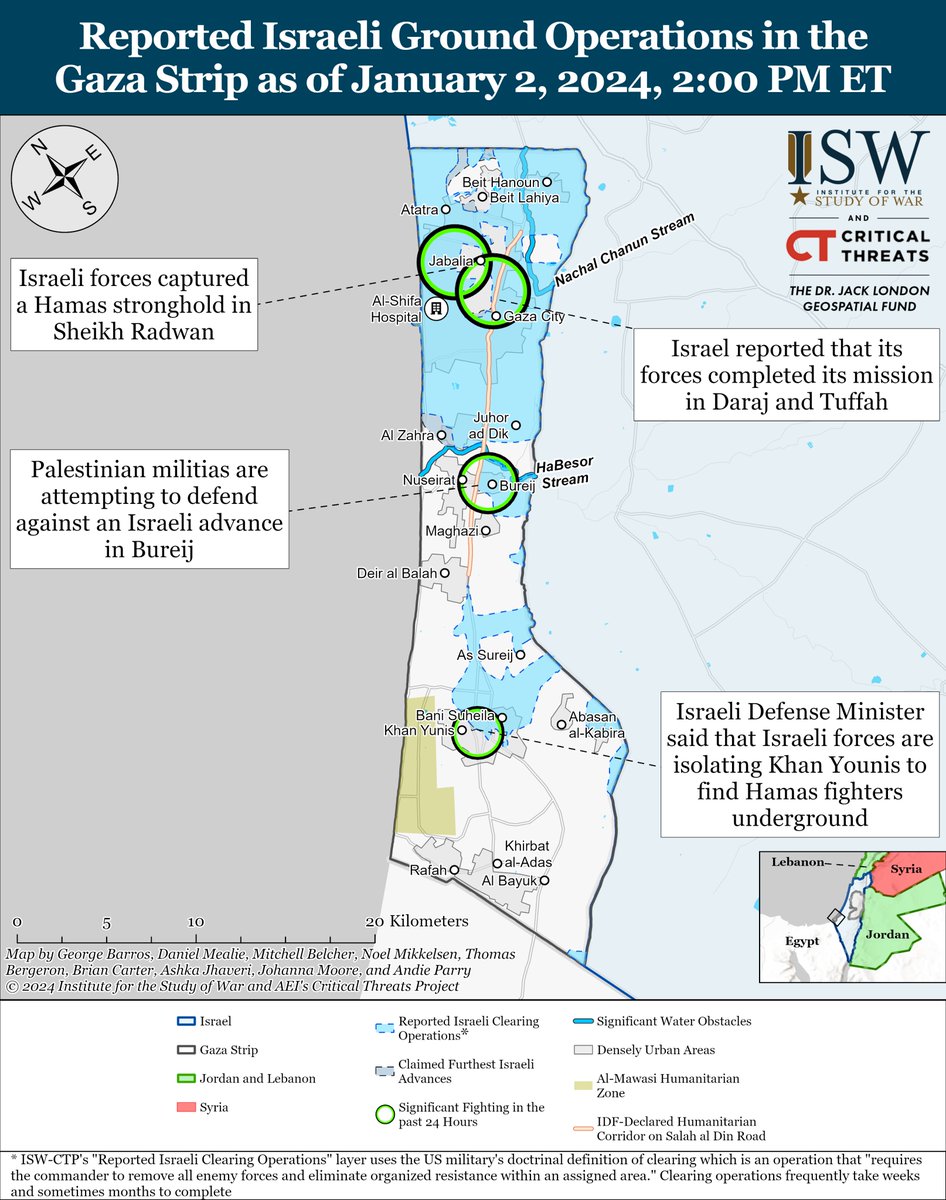
4/ Palestinian militias are attempting to defend against Israeli advances in Bureij in the central Gaza Strip.
Israeli Defense Minister Yoav Gallant said that Israeli forces are “isolating” Khan Younis to find Hamas fighters underground.
Israeli Defense Minister Yoav Gallant said that Israeli forces are “isolating” Khan Younis to find Hamas fighters underground.
5/ Israel rejected a Hamas-proposed, three-phase hostage-for-prisoner deal. The proposal is not compatible with Israeli war aims, as CTP-ISW has previously noted.
The al Qassem Brigades fired a large salvo of rockets at Tel Aviv.


The al Qassem Brigades fired a large salvo of rockets at Tel Aviv.
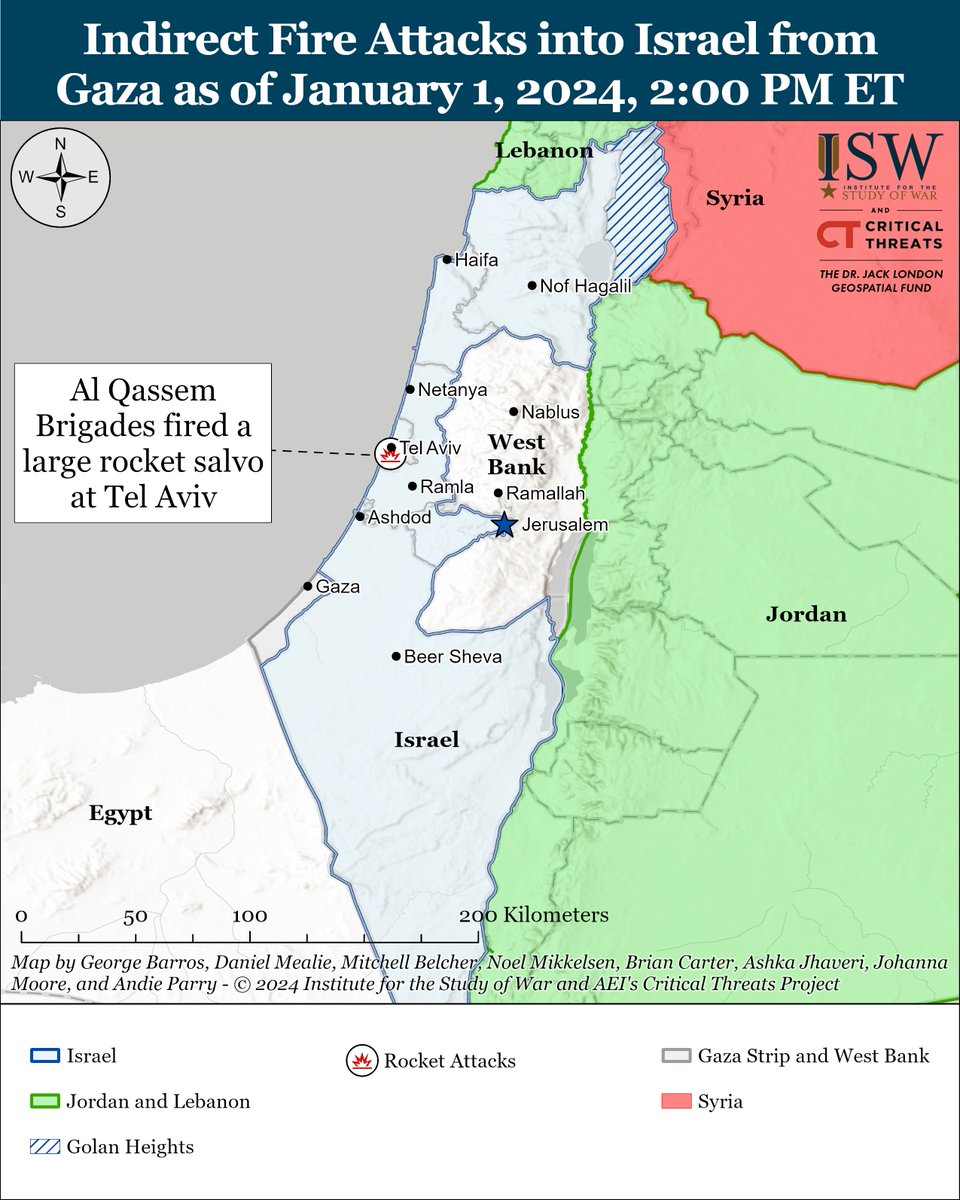
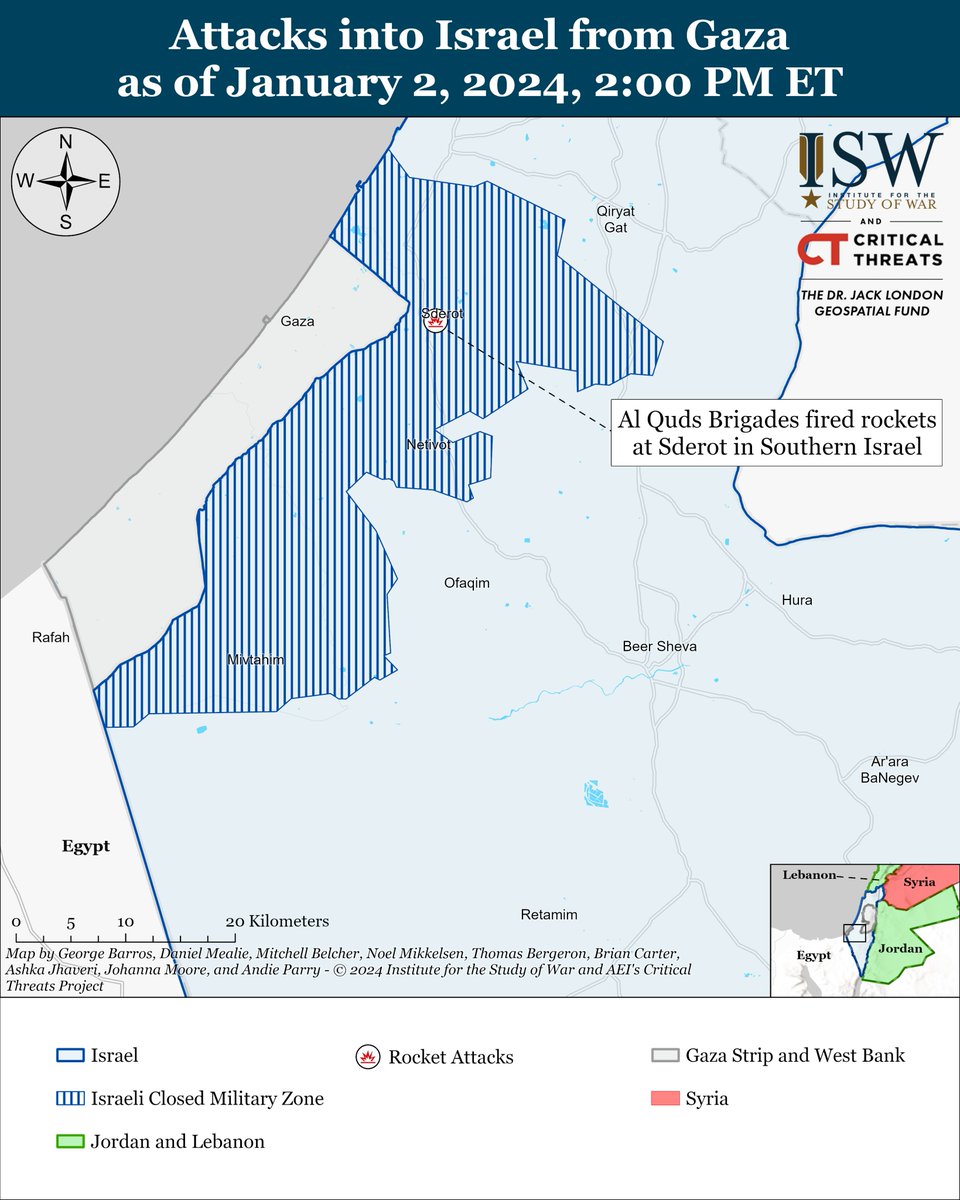
6/ Israeli forces clashed with Palestinian fighters in Jenin following demonstrations organized by Palestinian militia groups on January 1. Israeli forces clashed with Palestinian fighters in eight locations across the West Bank on January 2.


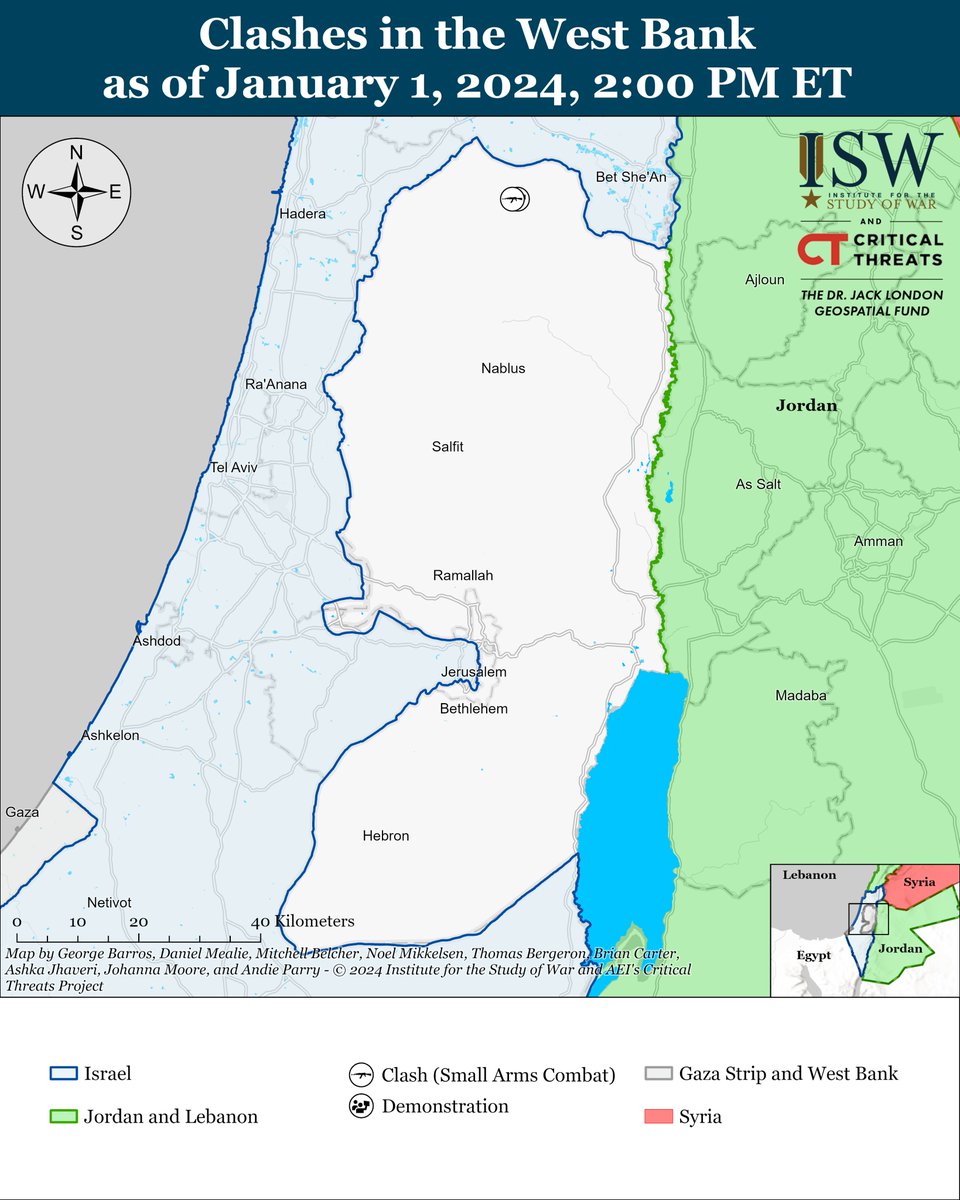
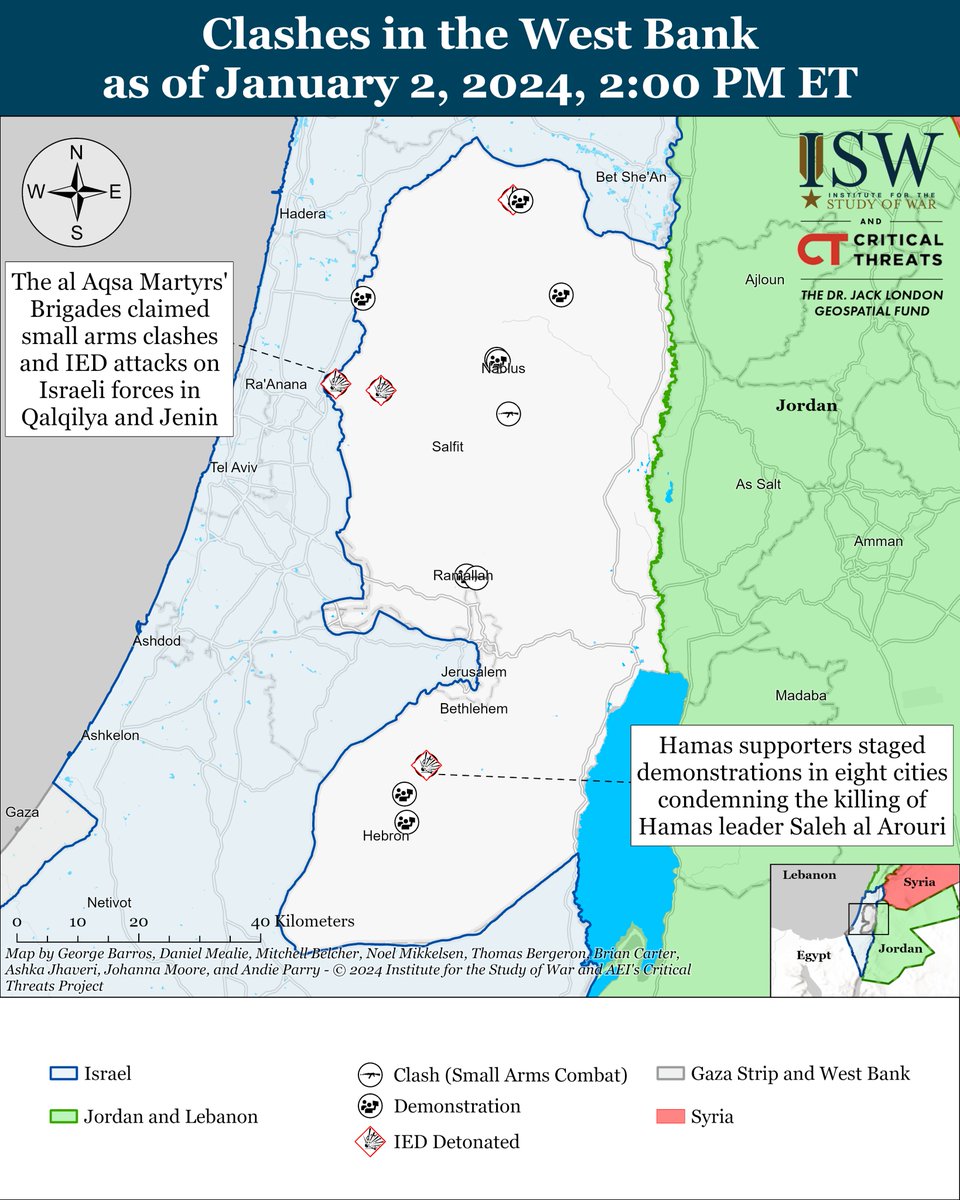
7/ Iranian-backed militias, including Lebanese Hezbollah, conducted at least three attacks from southern Lebanon into northern Israel on January 1 and another eight attacks on January 2.


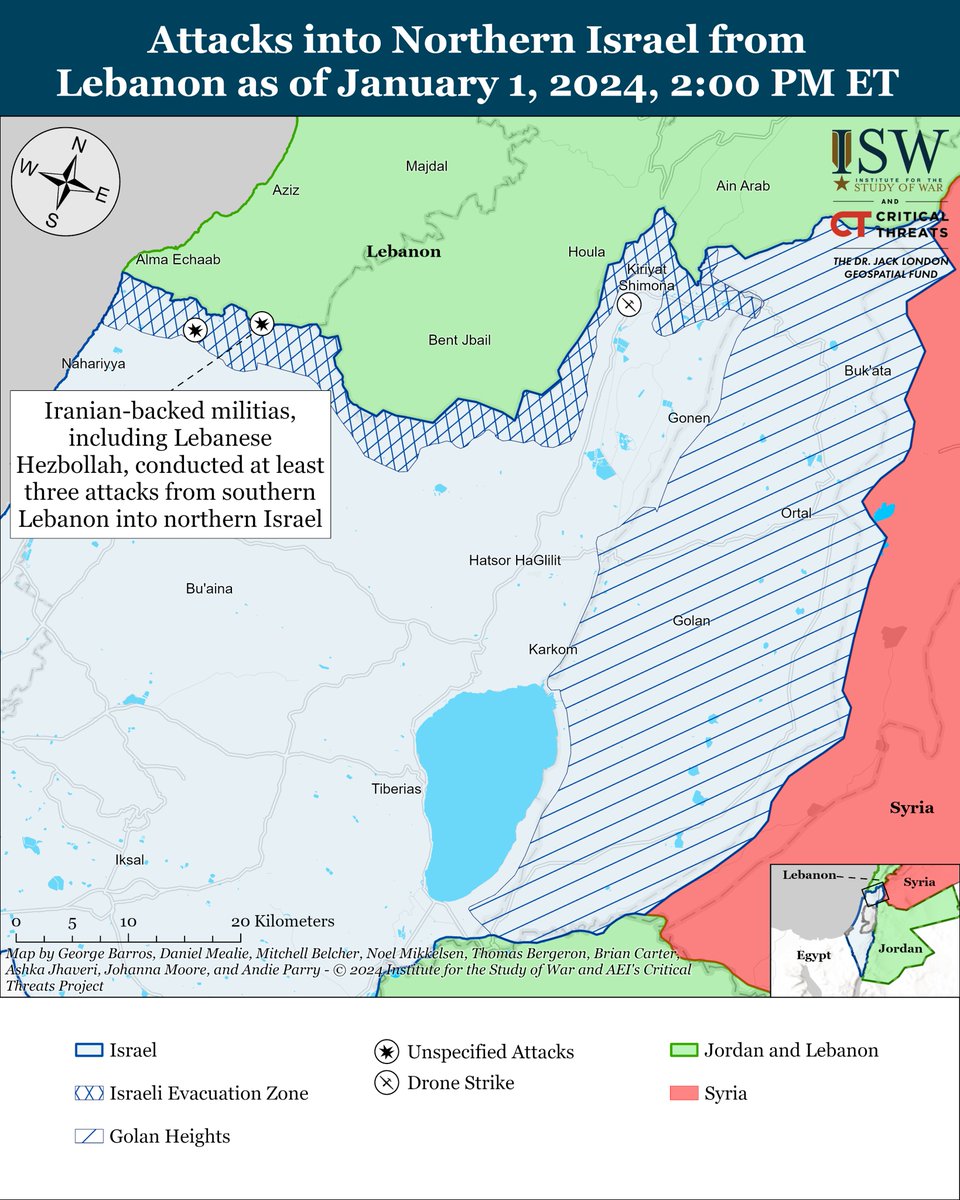
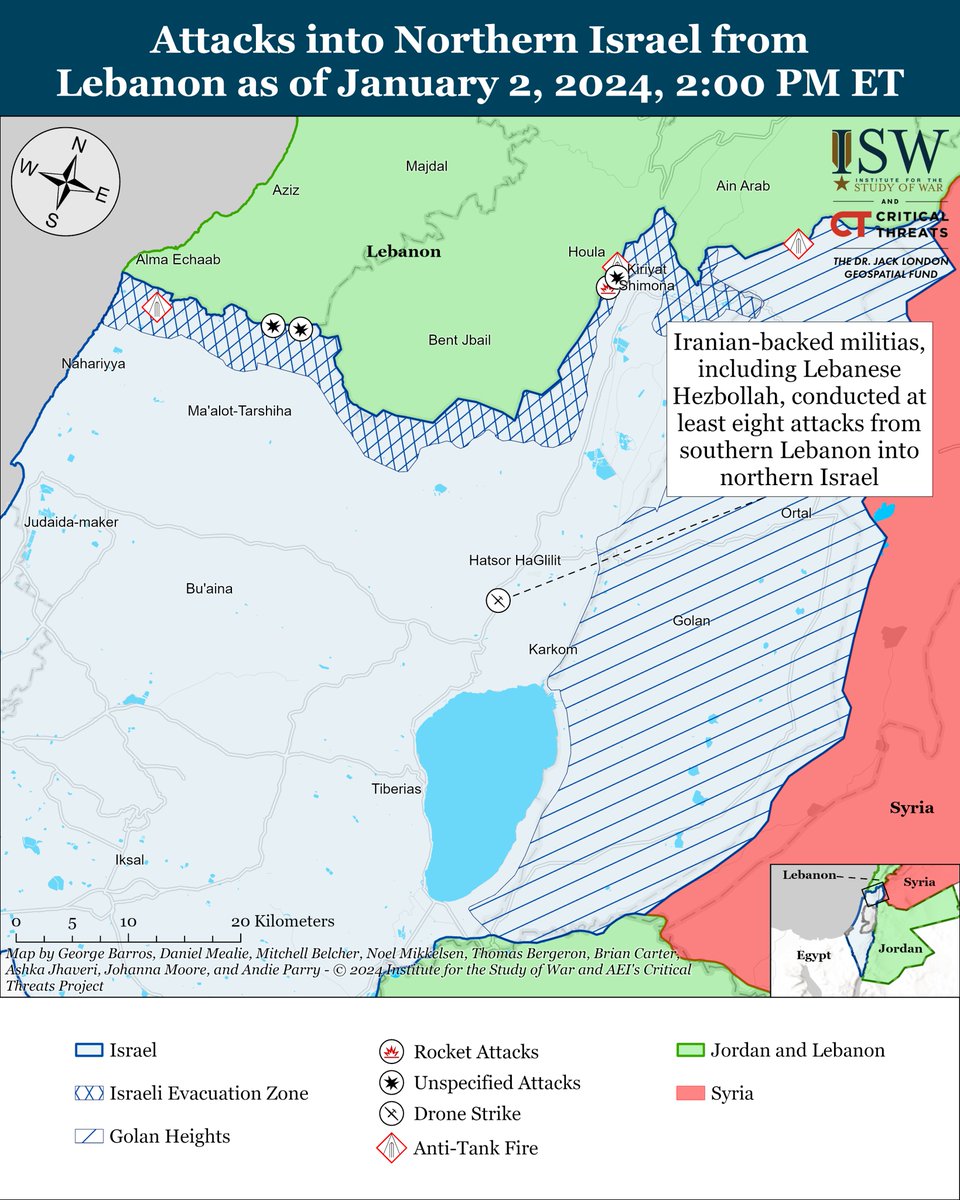
8/ The Islamic Resistance in Iraq—a coalition of Iranian-backed Iraqi militias—claimed that it conducted eight drone and rocket attacks targeting US positions in Iraq and Syria. The group also claimed an unspecified attack targeting Eilat in southern Israel.


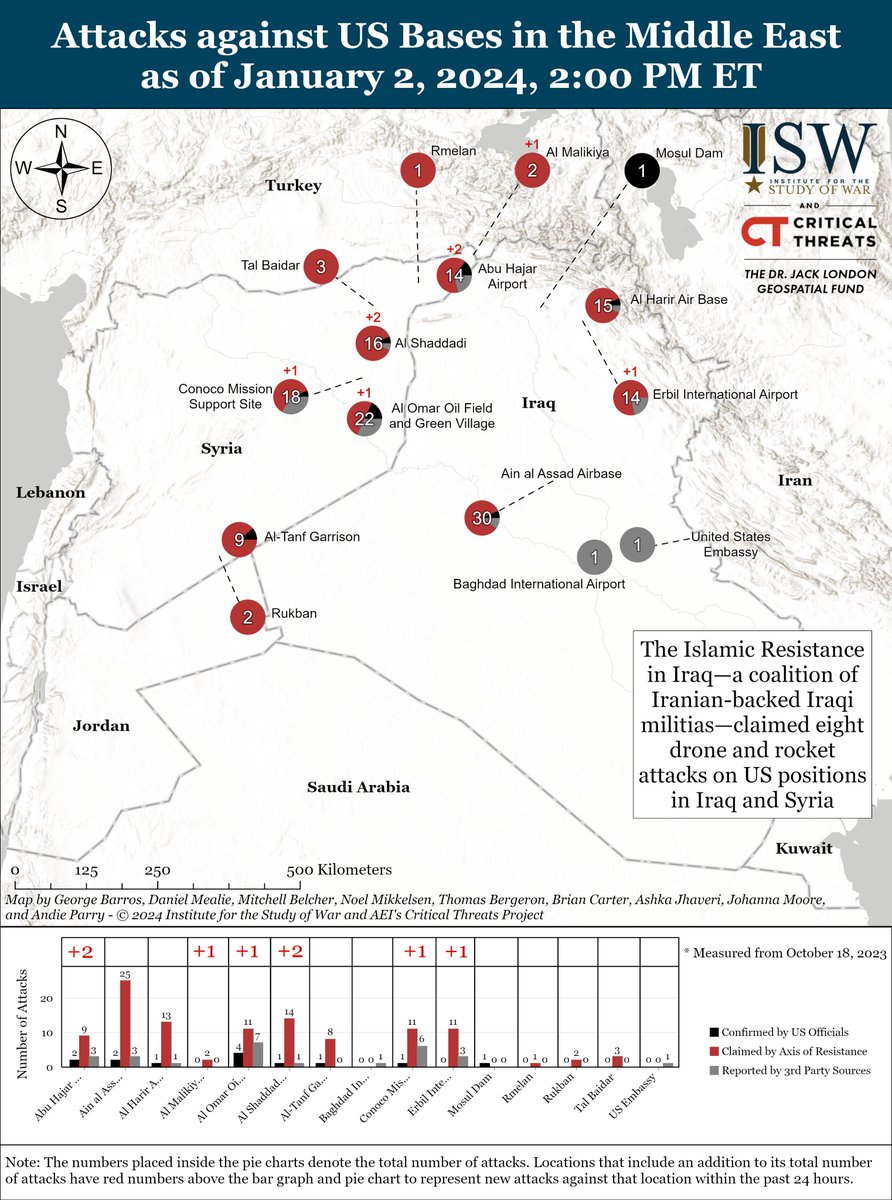
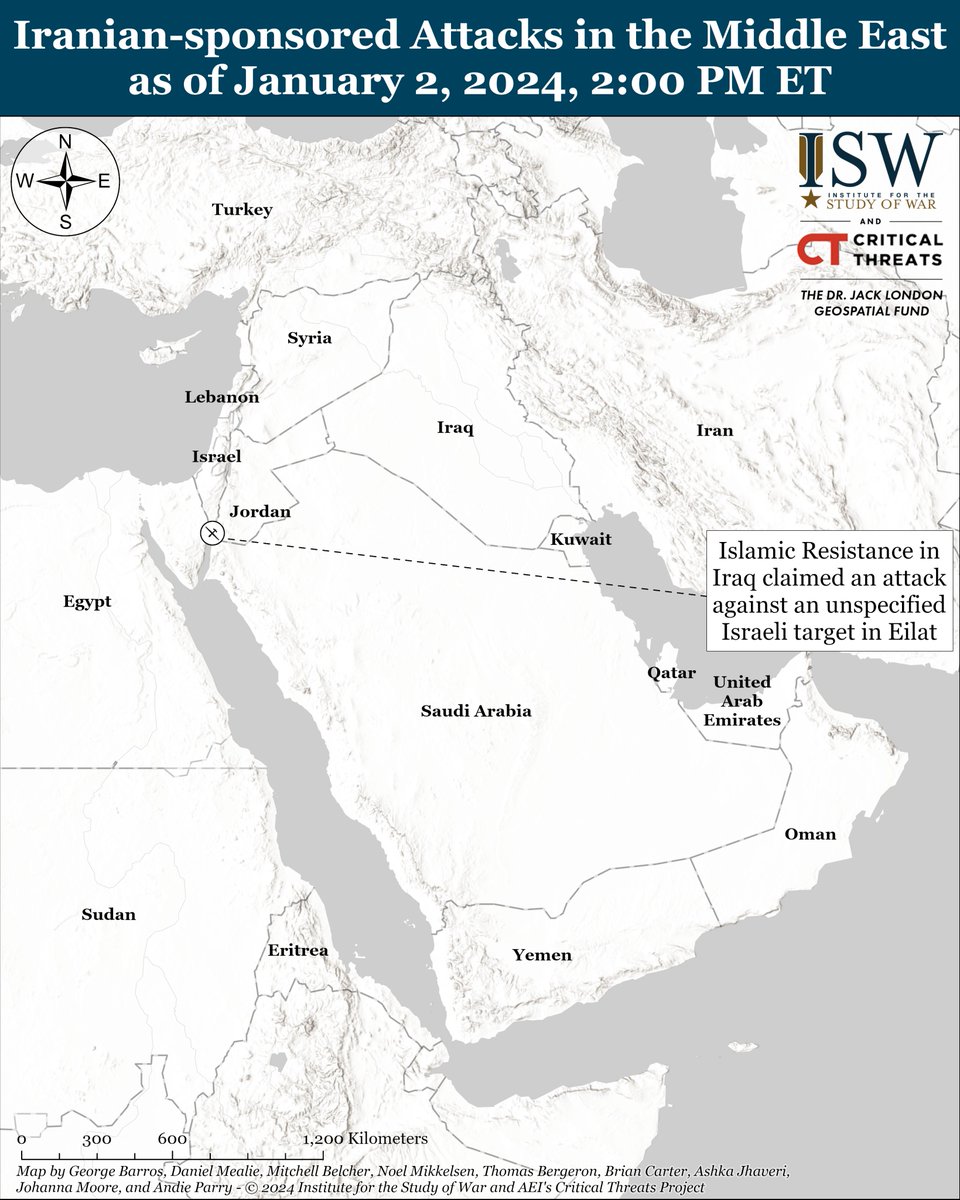
9/ Iranian Foreign Affairs Minister Hossein Amir Abdollahian met with senior Houthi official Mohammad Abdul Salam in Tehran. isw.pub/IranUpdate0102…
• • •
Missing some Tweet in this thread? You can try to
force a refresh


